Astaxanthin vs Spirulina for Eye Health
Eye health is a critical part of wellness, but it seems like common knowledge about nutrients that support eye health is limited. There are many different eye health supplements on the market, and it is, therefore, very difficult to decide which one is right for you. In this article, we will compare astaxanthin and spirulina, two popular eye health supplements. We will look at the benefits of each nutrient and discuss how they might help improve eye health.
Blog Contents
What is Astaxanthin?
Astaxanthin is a powerful antioxidant that has been shown to provide a wide range of health benefits. It is most commonly found in fish, but it can also be derived from other sources such as algae and krill. It is this pigment that gives salmon its pink colour (1). As an antioxidant, astaxanthin helps to protect cells from damage caused by inflammation and free radicals. Additionally, it has been shown to support the immune system and promote healthy skin and eyesight. Astaxanthin is a potent nutrient that offers numerous health benefits. (2)
Clinical Trials Studying Astaxanthin
Astaxanthin clinical studies have shown this substance to have a variety of medicinal benefits. For example, it has been shown to improve heart health, cognitive function, and joint pain. In addition, clinical findings have demonstrated that astaxanthin can help to protect against certain types of unwanted growths (4). As a result, clinical trials are ongoing in order to determine the most effective ways to use this substance for the treatment of various medical conditions. However, more research is needed in order to fully understand the potential of astaxanthin. (5)
Radiation from the sun can damage the eyes and skin, causing a range of problems from sunburn to cataracts. Astaxanthin is a powerful antioxidant that can help to protect against this damage (6). Studies have shown that astaxanthin can reduce UV-induced oxidative stress in the eye and skin. It has also been shown to increase the skin's resistance to sunburn. Studies have shown that astaxanthin is more effective than other common antioxidants, such as Vitamin C and Vitamin E (7). In addition, astaxanthin can help to protect the eyes from photo-oxidative damage. These effects make astaxanthin an important tool for protecting against the harmful effects of radiation from the sun. (8)
Astaxanthin for Eye Health
Occular health is the health of the eye. The Occular System includes the eyeball, muscles, eyelids, tear glands, optic nerve and other surrounding tissues. All these structures must work together properly to provide clear vision. The cornea and lens of the eye are instruments to focus the light on the retina, which converts the light into electrical signals that are sent to the brain via the optic nerve. (9)
The retina is a thin layer of tissue forming the back layer of the eye. That layer contains cells that are sensitive to light (photoreceptors).
Types of Phtoreceptors in the eye:
Rods allow us to see the big picture, they are responsible for vision in dim light (scotopic vision), Cones are responsible for fine details including colour vision (photopic vision). (9)
Recent studies have shown that astaxanthin may also be beneficial for eye health. One study found that astaxanthin was able to improve visual acuity and night vision in healthy adult subjects. Another study found that astaxanthin supplementation was able to significantly improve subjective symptoms of eye fatigue in office workers. (10)
How Does Astaxanthin Work?
In several tirals, participants who took astaxanthinhad significant improvements in visual acuity and visual contrast sensitivity. The study also found that astaxanthin improved night vision, with participants reporting fewer halos and glares around lights. A number of studies hypothesize that astaxanthin likely works by protecting the eyes from oxidative stress, which can damage the retina and lead to vision problems. In addition, astaxanthin has been shown to promote the production of enzymes that protect the retina from light-induced damage. Thus, astaxanthin is usually included as an ingredient in many eye health support formulas. (2, 11)
Sources of Astaxanthin
Astaxanthin can be found in a variety of natural sources, including certain types of algae and seafood. It can also be produced by the process of chemical synthesis in a laboratory. Both natural and synthetic astaxanthin have been shown to provide health benefits, but there are some important differences between the two. For example, natural astaxanthin is generally more bioavailable than synthetic astaxanthin, meaning that it is better absorbed by the body. In addition, natural astaxanthin is usually derived from the microalgae Haematococcus Pluvialis, which is a rich source of this antioxidant. Synthetic astaxanthin, on the other hand, is often produced from chemical precursors that may not be as beneficial to human health. Thus, it is best to research the highest quality, astaxanthin to ensure the safety and potency of consumed eye health formulas. (12)
It may also be important to ask about the stability of the astaxanthin in the formula, higher doses may be used to ensure the potency of dietary supplements as astaxanthin does have a rate of breakdown. Sitting on the shelf for a long time may reduce the maximum antioxidant capacity, reduce the anti-inflammatory protection it provides and reduce the potency of the dietary supplement. (13-14)
Top 5 Other Health Benefits of Astaxanthin
-
Powerful Antioxidant: Astaxanthin is a powerful antioxidant that can help to protect the body against damage caused by free radicals. Free radicals are unstable molecules that can cause cell damage and lead to various diseases. Astaxanthin is thought to be one of the most powerful antioxidants, and it has been shown to be effective in reducing inflammation and protecting cells from damage. (15)
-
May Boost Brain Health: Astaxanthin has also been shown to boost brain activity and health. A study published in the journal Nutritional Neuroscience found that astaxanthin was able to improve memory performance and cognitive function in rats. The study’s authors suggest that astaxanthin may be beneficial for preventing age-related cognitive decline. (16)
-
May Improve Heart Health: Astaxanthin may also improve cardiovascular health. A study published in the journal of Plant Foods for Human Nutrition found that astaxanthin may reduce cholesterol levels and inflammation in humans. The study’s authors suggest that astaxanthin may be beneficial for improving human lipid profiles and reducing oxidative stress and thus, preventing heart disease. (17)
-
May Enhance Exercise Performance: Astaxanthin has also been shown to enhance exercise performance. A study published in the International Journal of Sports Medicine found that astaxanthin was able to improve endurance and reduce muscle soreness in cyclists. The study’s authors suggest that astaxanthin may be beneficial for athletes or anyone looking to improve their physical performance. (18)
- May Protect Against UV Damage: Astaxanthin has also been shown to protect against UV damage. A study published in the Journal of Investigative Dermatology found that astaxanthin was able to protect human skin cells from damage caused by UV radiation. The study’s authors suggest that astaxanthin may be an effective sunscreen ingredient or supplement for people who are exposed to sunlight regularly. Other studies also find evidence that astaxanthin may improve skin elasticity and reduce the visible signs of ageing. (19)
What is Spirulina?
Spirulina is a blue-green algae that is rich in nutrients. It is often taken as a supplement for its many health benefits. Some of these benefits include improved eye health, better gut health, and support in immunity.
Spirulina is high in protein (including some essential amino acids), vitamins (including vitamin K), minerals, and antioxidants. It also has anti-inflammatory properties. Spirulina can help to boost the immune system, improve digestion, and reduce the risk of chronic diseases. Some research suggests that spirulina may also be effective in treating allergies, anemia, and fatigue. (20)
Preliminary studies suggest that spirulina may bind to heavy metals in the gut, preventing their absorption. It may also help to promote the excretion of these toxins. (21)
Clinical Trials Studying Spirulina
In a study done on rats, it was found that spirulina prevented retinal damage caused by diabetes. The rats were given spirulina for 12 weeks and researchers found that there was a significant decrease in markers of oxidative stress and inflammation in the rats’ eyes. (22)
In another study, spirulina may improve symptoms of xerophthalmia (an eye condition caused by vitamin A deficiency). After 10 weeks, it was found that the children had increased levels of carotene in their blood. Carotene is converted into vitamin A in the body and is important for eye health. (21, 23)
Spirulina for Eye Health
Spirulina contains high levels of beta carotene; human consumption of beta carotene leads to its conversion into vitamin A without the risk of toxicity Vitamin A is important for eye health because it helps to prevent night blindness and dry eyes. It also has an overall positive effect on eye health as it helps to protect the surface of the eye from infection. (23, 24)
How Does Spirulina Work?
Spirulina works for eye health because it contains high levels of beta-carotene, which is converted into vitamin A in the body.
Zeaxanthin is a yellow pigment found in a variety of fruits and vegetables, as well as in the green microalgae spirulina. It is an important nutrient for human health and has been shown to play a role in protecting against age-related macular degeneration (25).
Zeaxanthin is thought to work by absorbing blue light, which can damage the retina, and by providing antioxidant protection against free radicals. The best food sources of zeaxanthin are dark leafy greens, such as spinach and kale, as well as orange vegetables like sweet potatoes and carrots. Spirulina is also a rich source of pigment and provides numerous other health benefits as well. Supplementation with zeaxanthin may be beneficial for people at risk for macular degeneration, and for those who do not consume enough fruits and vegetables (26).
It is important to evaluate the source of the spirulina carefully and ask for testing that proves safety as the safety of spirulina largely depends on the environmental conditions in which it was grown.
Top 5 Other Health Benefits of Spirulina
-
Boosts Energy Levels: Spirulina is a nutrient-rich algae that has been shown to boost energy levels. A study published in the Evidance-based Complementary and Alternative Medicine found that spirulina was effective in reducing fatigue and improving physical performance in athletes. (27)
-
Enhances Brain Function: Spirulina has also been shown to enhance brain function. A study published in the Global Journal of Medicine and Health found that spirulina supplies tryptophan which may support various types of mental illness. Additionally, several studies suggest that spirulina may support cognitive health and memory. (28, 29)
-
Lowers Blood Pressure: Spirulina has been shown to lower blood pressure. A study published in the journal Hypertension found that spirulina was effective at protecting the body from cardiovascular disease by reducing blood pressure in people with hypertension. Additionally, a study published in the journal Nutrients found that spirulina lowered blood pressure. (30)
-
Reduces Inflammation: Spirulina has anti-inflammatory properties and has been shown to reduce inflammation. A study published in the journal Archives of Toxicology found that spirulina was effective in reducing inflammation markers (31). Additionally, a study published in the journal PLoS One found that spirulina reduced inflammation in rats with arthritis. (32)
- Lowers Cholesterol Levels: Spirulina has also been shown to lower cholesterol levels. A study published in the Journal of Medicinal Food found that spirulina was effective in lowering LDL cholesterol levels and triglyceride levels in people with high cholesterol. Additionally, a study published in the journal of Clinical Nutrition found that spirulina reduced cholesterol absorption and increased cholesterol excretion. (34)
Article References
1. Higuera-Ciapara I, Felix-Valenzuela L, Goycoolea FM. Astaxanthin: a review of its chemistry and applications. Critical reviews in food science and nutrition. 2006 Mar 1;46(2):185-96.
2. Fakhri S, Abbaszadeh F, Dargahi L, Jorjani M. Astaxanthin: A mechanistic review on its biological activities and health benefits. Pharmacological research. 2018 Oct 1;136:1-20.
3. Hussein G, Sankawa U, Goto H, Matsumoto K, Watanabe H. Astaxanthin, a carotenoid with potential in human health and nutrition. Journal of natural products. 2006 Mar 24;69(3):443-9.
4. Nouchi R, Suiko T, Kimura E, Takenaka H, Murakoshi M, Uchiyama A, Aono M, Kawashima R. Effects of lutein and astaxanthin intake on the improvement of cognitive functions among healthy adults: a systematic review of randomized controlled trials. Nutrients. 2020 Feb 27;12(3):617.
5. Faraone I, Sinisgalli C, Ostuni A, Armentano MF, Carmosino M, Milella L, Russo D, Labanca F, Khan H. Astaxanthin anticancer effects are mediated through multiple molecular mechanisms: A systematic review. Pharmacological Research. 2020 May 1;155:104689.
6. Davinelli S, Nielsen ME, Scapagnini G. Astaxanthin in skin health, repair, and disease: A comprehensive review. Nutrients. 2018 Apr 22;10(4):522.
7. Ito N, Seki S, Ueda F. The protective role of astaxanthin for UV-induced skin deterioration in healthy people—a randomized, double-blind, placebo-controlled trial. Nutrients. 2018 Jul;10(7):817.
8. Guerin M, Huntley ME, Olaizola M. Haematococcus astaxanthin: applications for human health and nutrition. TRENDS in Biotechnology. 2003 May 1;21(5):210-6.
9. Zhu J, Zhang E, Del Rio-Tsonis K. Eye anatomy. eLS. 2012.
10. Anti-Inflammatory HE. In The Pink With ASTAXANTHIN.
11. Höglund J, Mitkus M, Olsson P, Lind O, Drews A, Bloch NI, Kelber A, Strandh M. Owls lack UV-sensitive cone opsin and red oil droplets, but see UV light at night: Retinal transcriptomes and ocular media transmittance. Vision research. 2019 May 1;158:109-19.
12. Ambati RR, Siew Moi P, Ravi S, Aswathanarayana RG. Astaxanthin: Sources, extraction, stability, biological activities and its commercial applications—A review. Marine drugs. 2014 Jan 7;12(1):128-52.
13. Johnson EA, An GH. Astaxanthin from microbial sources. Critical Reviews in Biotechnology. 1991 Jan 1;11(4):297-326.
14. Capelli B, Talbott S, Ding L. Astaxanthin sources: Suitability for human health and nutrition. Functional Foods in Health and Disease. 2019 Jul 1;9(6):430-45.
15. Kim SH, Kim H. Inhibitory effect of astaxanthin on oxidative stress-induced mitochondrial dysfunction-a mini-review. Nutrients. 2018 Aug 21;10(9):1137.
16. Al-Amin MM, Reza HM, Saadi HM, Mahmud W, Ibrahim AA, Alam MM, Kabir N, Saifullah AR, Tropa ST, Quddus AR. Astaxanthin ameliorates aluminum chloride-induced spatial memory impairment and neuronal oxidative stress in mice. European journal of pharmacology. 2016 Apr 15;777:60-9.
17. Choi HD, Youn YK, Shin WG. Positive effects of astaxanthin on lipid profiles and oxidative stress in overweight subjects. Plant foods for human nutrition. 2011 Nov;66(4):363-9.
18. Earnest CP, Lupo M, White KM, Church TS. Effect of astaxanthin on cycling time trial performance. International journal of sports medicine. 2011 Nov;32(11):882-8.
19. Lephart ED. Equol’s efficacy is greater than astaxanthin for antioxidants, extracellular matrix integrity & breakdown, growth factors and inflammatory biomarkers via human skin gene expression analysis. Journal of functional foods. 2019 Aug 1;59:380-93.
20. Lephart ED. Equol’s efficacy is greater than astaxanthin for antioxidants, extracellular matrix integrity & breakdown, growth factors and inflammatory biomarkers via human skin gene expression analysis. Journal of functional foods. 2019 Aug 1;59:380-93.
21. Mason R. Chlorella and Spirulina: Green supplements for balancing the body. Alternative & Complementary Therapies. 20201 Jun 1;7(3):161-5.
22. Pandey JP, Tiwari A, Mishra G, Mishra RM. Role of Spirulina maxima in the control of blood glucose levels and body weight in streptozotocin induced diabetic male Wistar rats. J Algal Biomass Utln. 2011;2(4):35-7.
23. Li L, Zhao X, Wang J, Muzhingi T, Suter PM, Tang G, Yin SA. Spirulina can increase total-body vitamin A stores of Chinese school-age children as determined by a paired isotope dilution technique. Journal of nutritional science. 2012 Dec;1.
24. Wang J, Wang Y, Wang Z, Li L, Qin J, Lai W, Fu Y, Suter PM, Russell RM, Grusak MA, Tang G. Vitamin A equivalence of spirulina β-carotene in Chinese adults as assessed by using a stable-isotope reference method. The American journal of clinical nutrition. 2008 Jun 1;87(6):1730-7.
25. Yu B, Wang J, Suter PM, Russell RM, Grusak MA, Wang Y, Wang Z, Yin S, Tang G. Spirulina is an effective dietary source of zeaxanthin to humans. British journal of nutrition. 2012 Aug;108(4):611-9.
26. Gale CR, Hall NF, Phillips DI, Martyn CN. Lutein and zeaxanthin status and risk of age-related macular degeneration. Investigative ophthalmology & visual science. 2003 Jun 1;44(6):2461-5.
27. Karkos PD, Leong SC, Karkos CD, Sivaji N, Assimakopoulos DA. Spirulina in clinical practice: evidence-based human applications. Evidence-based complementary and alternative medicine. 2011 Aug;2011.
28. Demelash S. Spirulina as a main source of tryptophan for mental illness: Improving level of serotonin through tryptophan supplementation. Global journal of medicine and public health. 2018;7(2):1-5.
29. Choi WY, Lee WK, Kim TH, Ryu YK, Park A, Lee YJ, Heo SJ, Oh C, Chung YC, Kang DH. The Effects of Spirulina maxima Extract on Memory Improvement in Those with Mild Cognitive Impairment: A Randomized, Double-Blind, Placebo-Controlled Clinical Trial. Nutrients. 2022 Sep 9;14(18):3714.
30. Machowiec P, Ręka G, Maksymowicz M, Piecewicz-Szczęsna H, Smoleń A. Effect of Spirulina Supplementation on Systolic and Diastolic Blood Pressure: Systematic Review and Meta-Analysis of Randomized Controlled Trials. Nutrients. 2021 Aug 31;13(9):3054.
31. Wu Q, Liu L, Miron A, Klímová B, Wan D, Kuča K. The antioxidant, immunomodulatory, and anti-inflammatory activities of Spirulina: an overview. Archives of toxicology. 2016 Aug;90(8):1817-40.
32. Ali EA, Barakat BM, Hassan R. Antioxidant and angiostatic effect of Spirulina platensis suspension in complete Freund’s adjuvant-induced arthritis in rats. PLoS One. 2015 Apr 8;10(4):e0121523.
33. Samuels R, Mani UV, Iyer UM, Nayak US. Hypocholesterolemic effect of Spirulina in patients with hyperlipidemic nephrotic syndrome. Journal of medicinal food. 2002 Jun 1;5(2):91-6.
34. Serban MC, Sahebkar A, Dragan S, Stoichescu-Hogea G, Ursoniu S, Andrica F, Banach M. A systematic review and meta-analysis of the impact of Spirulina supplementation on plasma lipid concentrations. Clinical Nutrition. 2016 Aug 1;35(4):842-51.







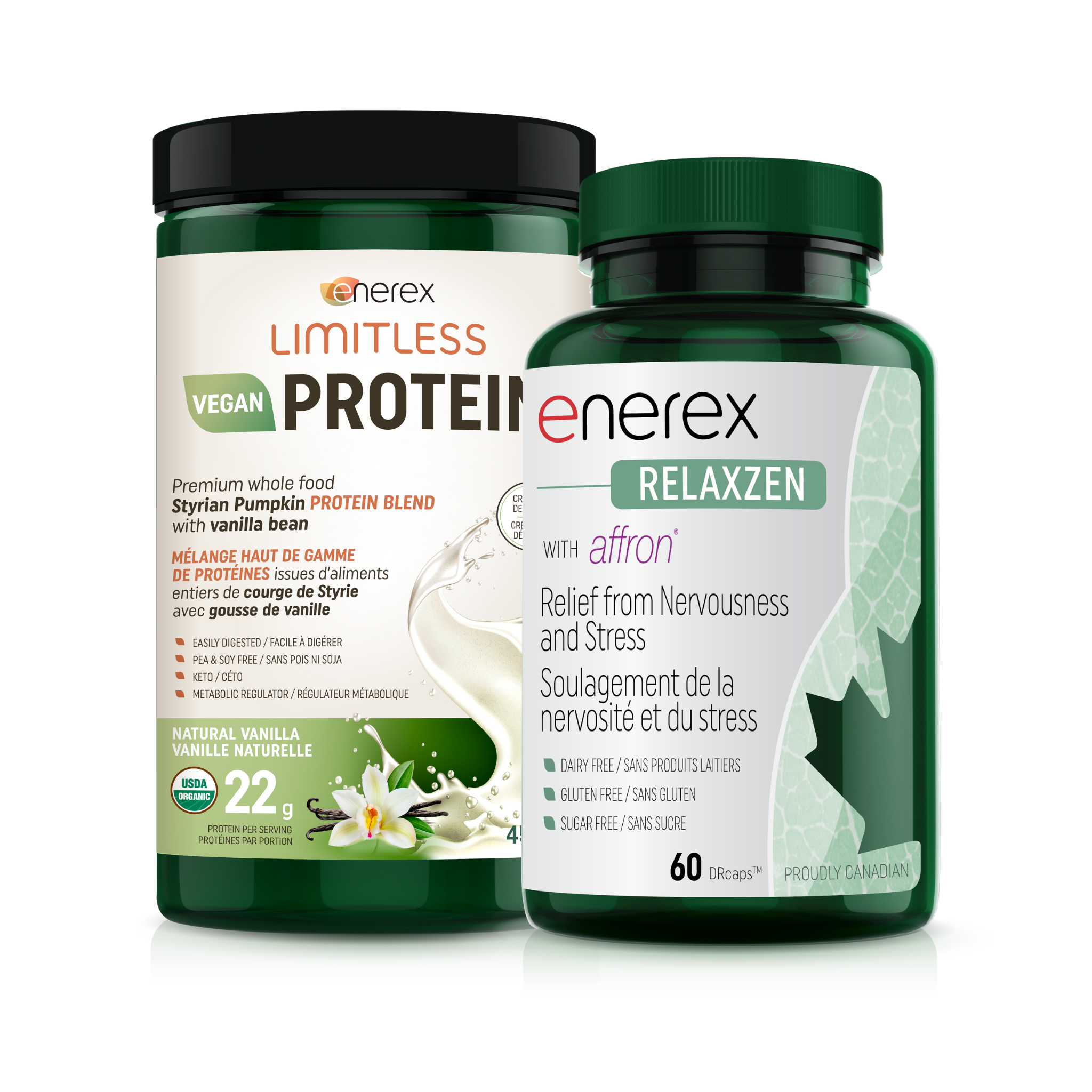
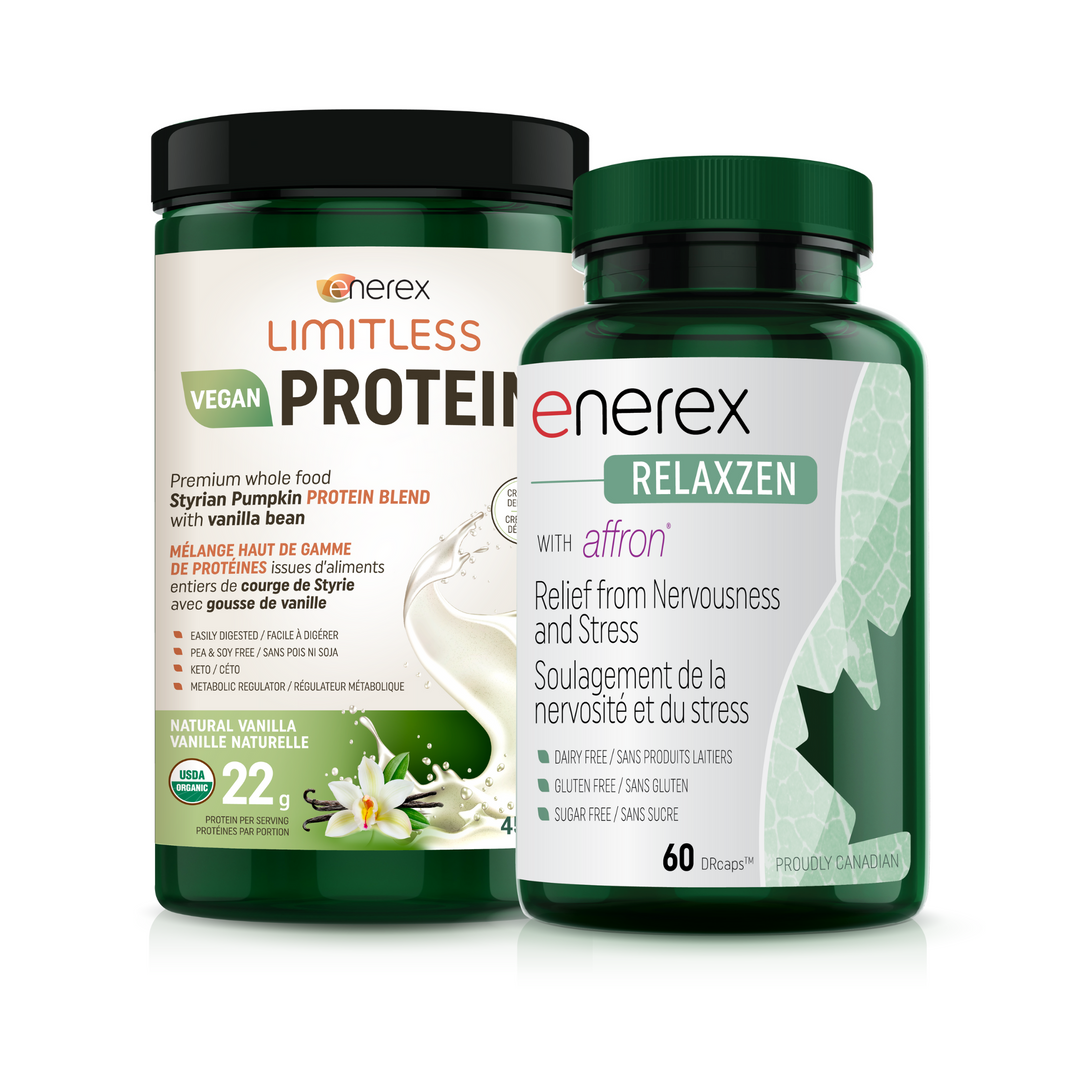
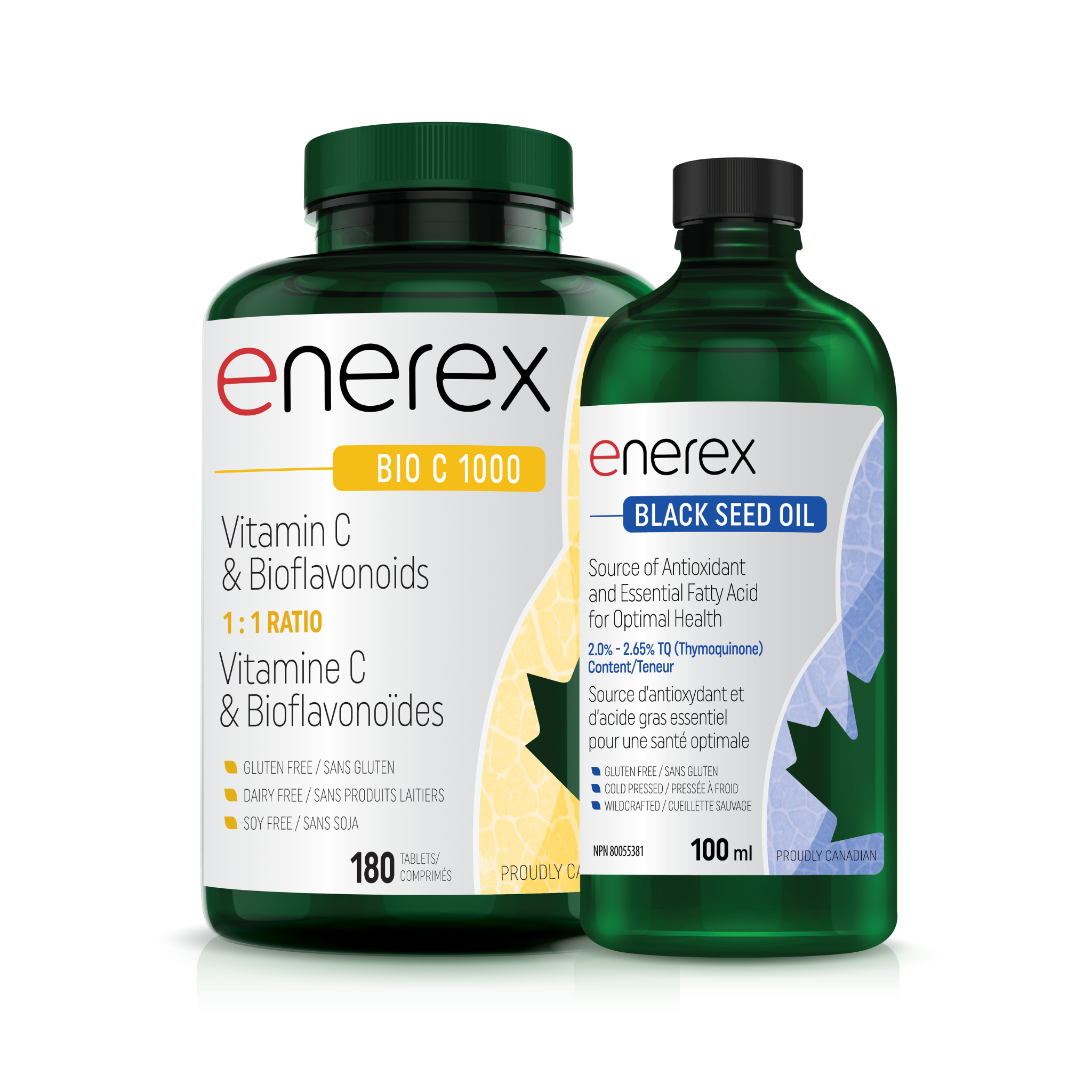
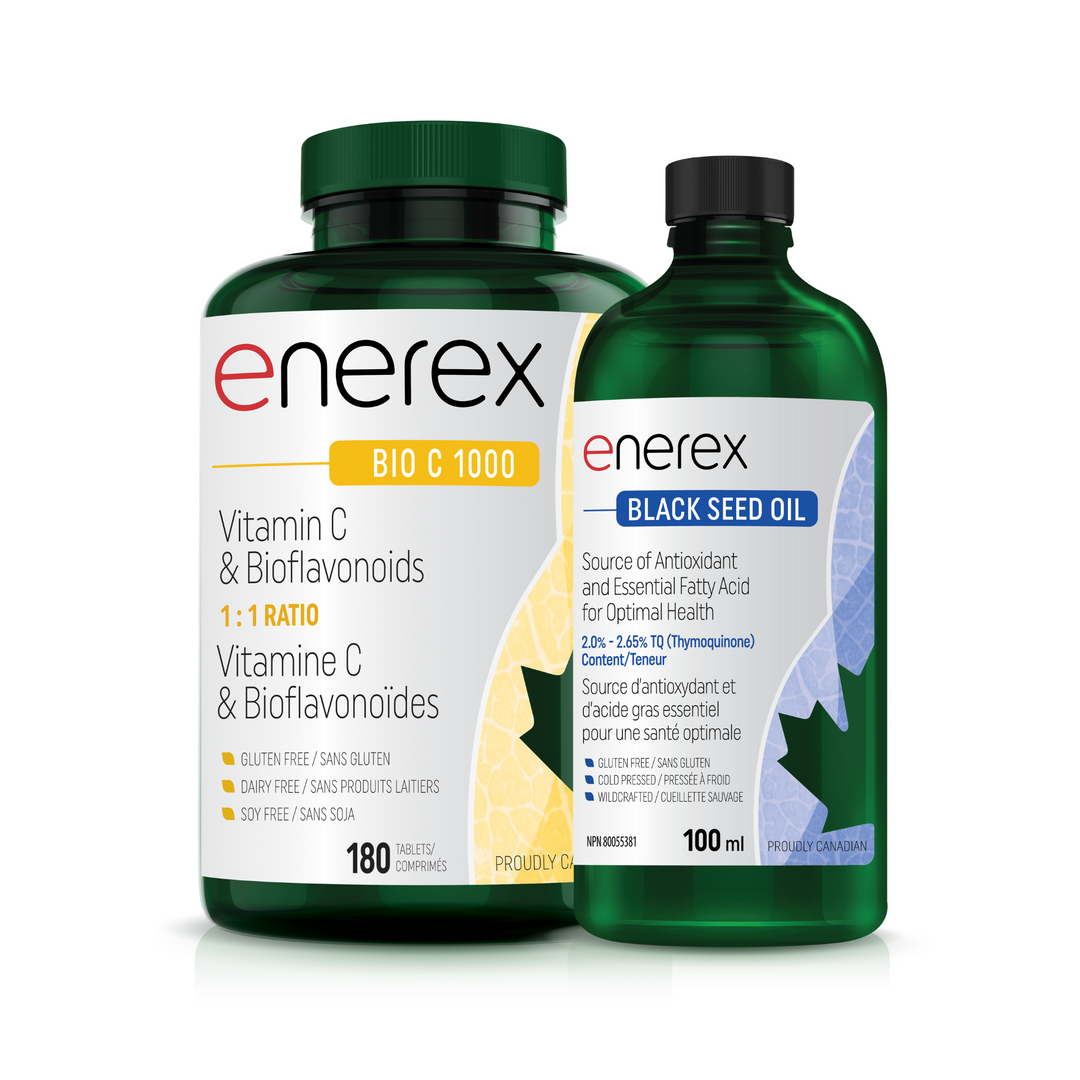
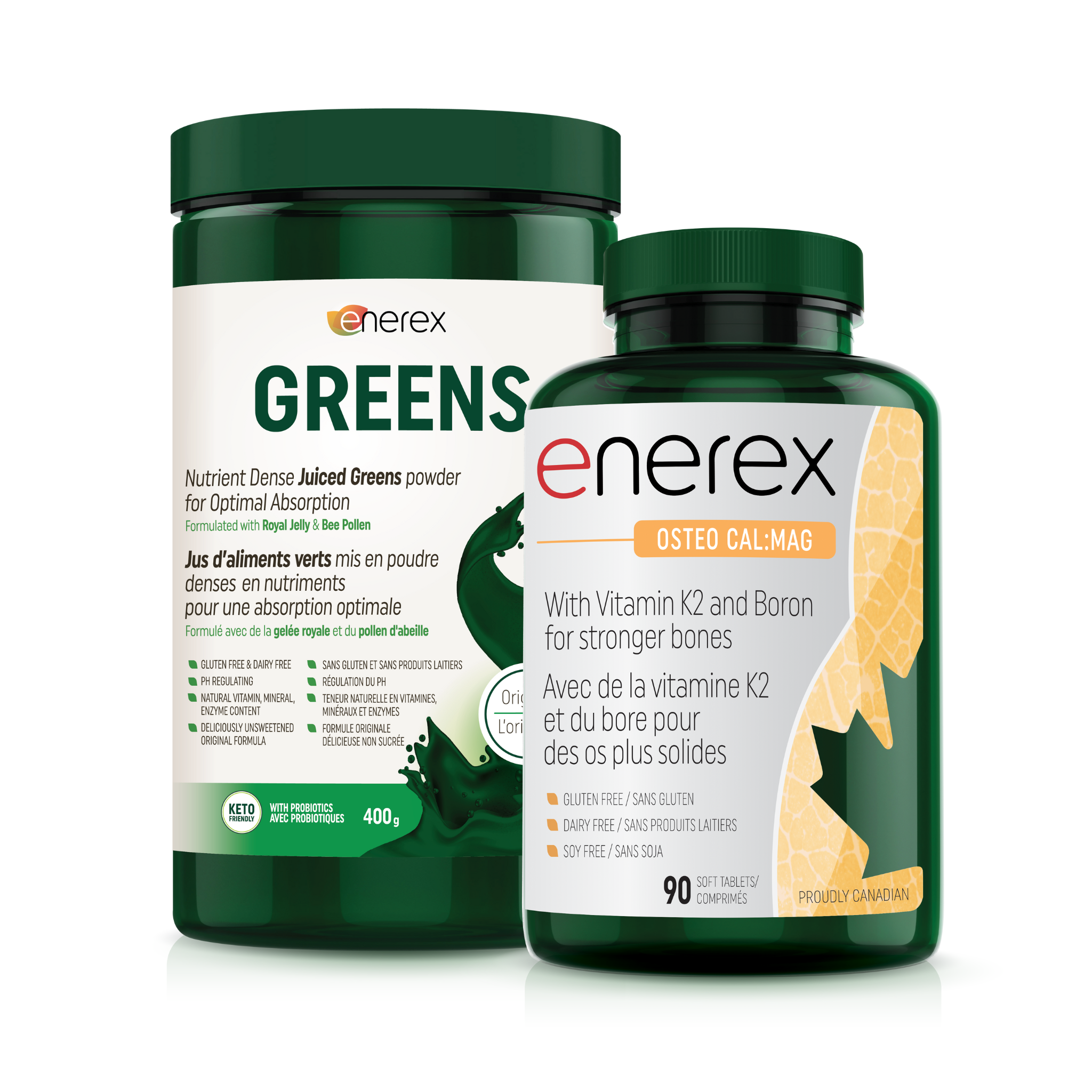
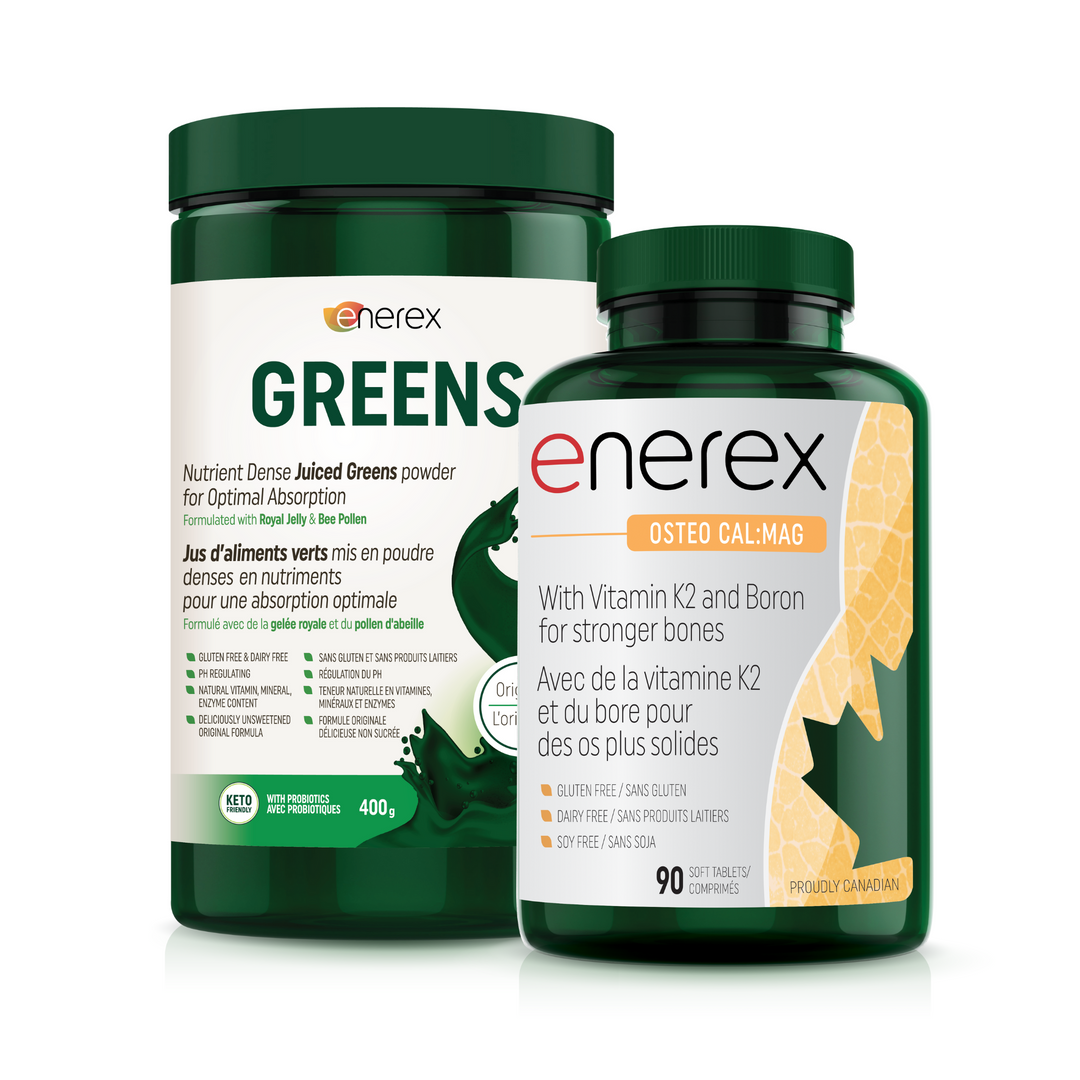
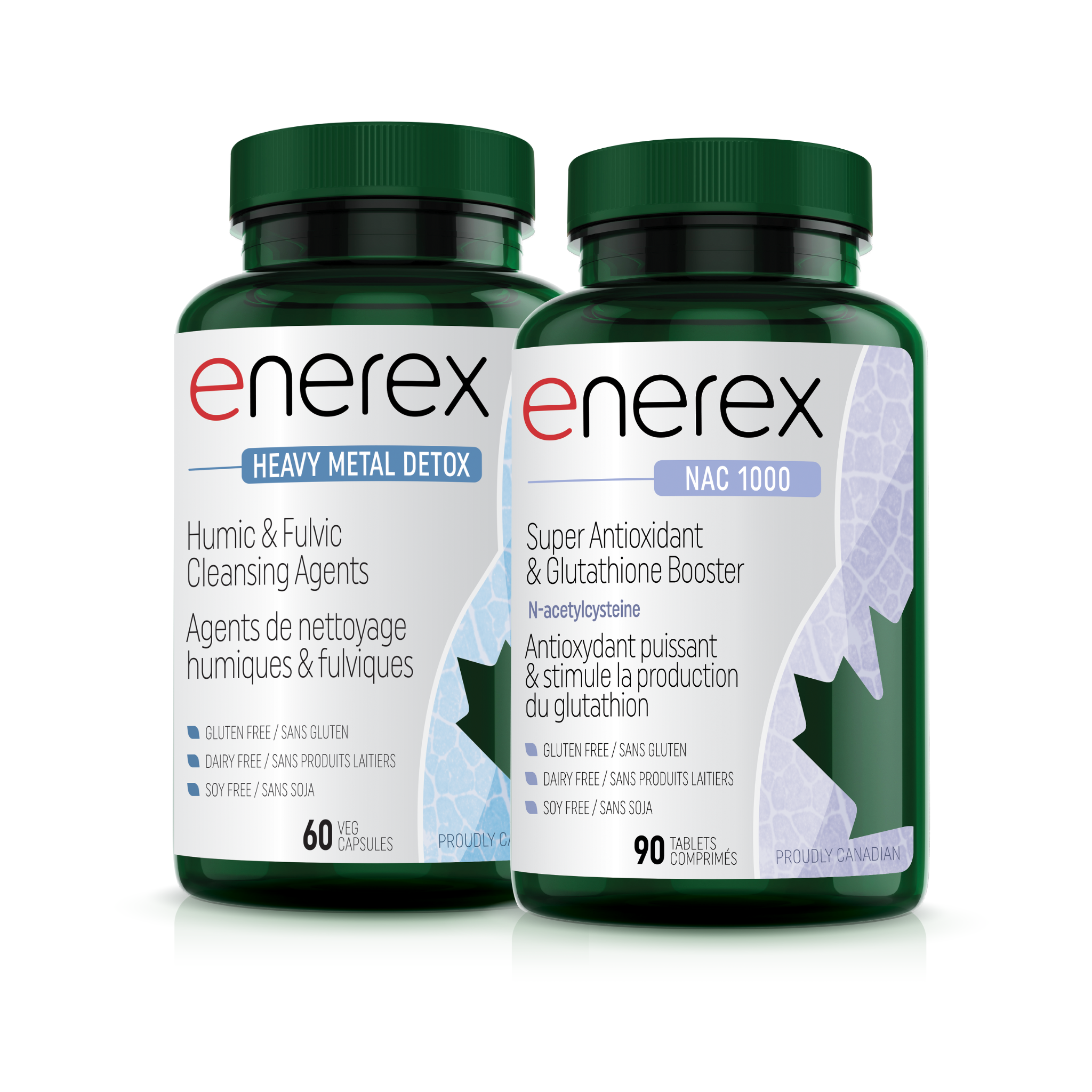
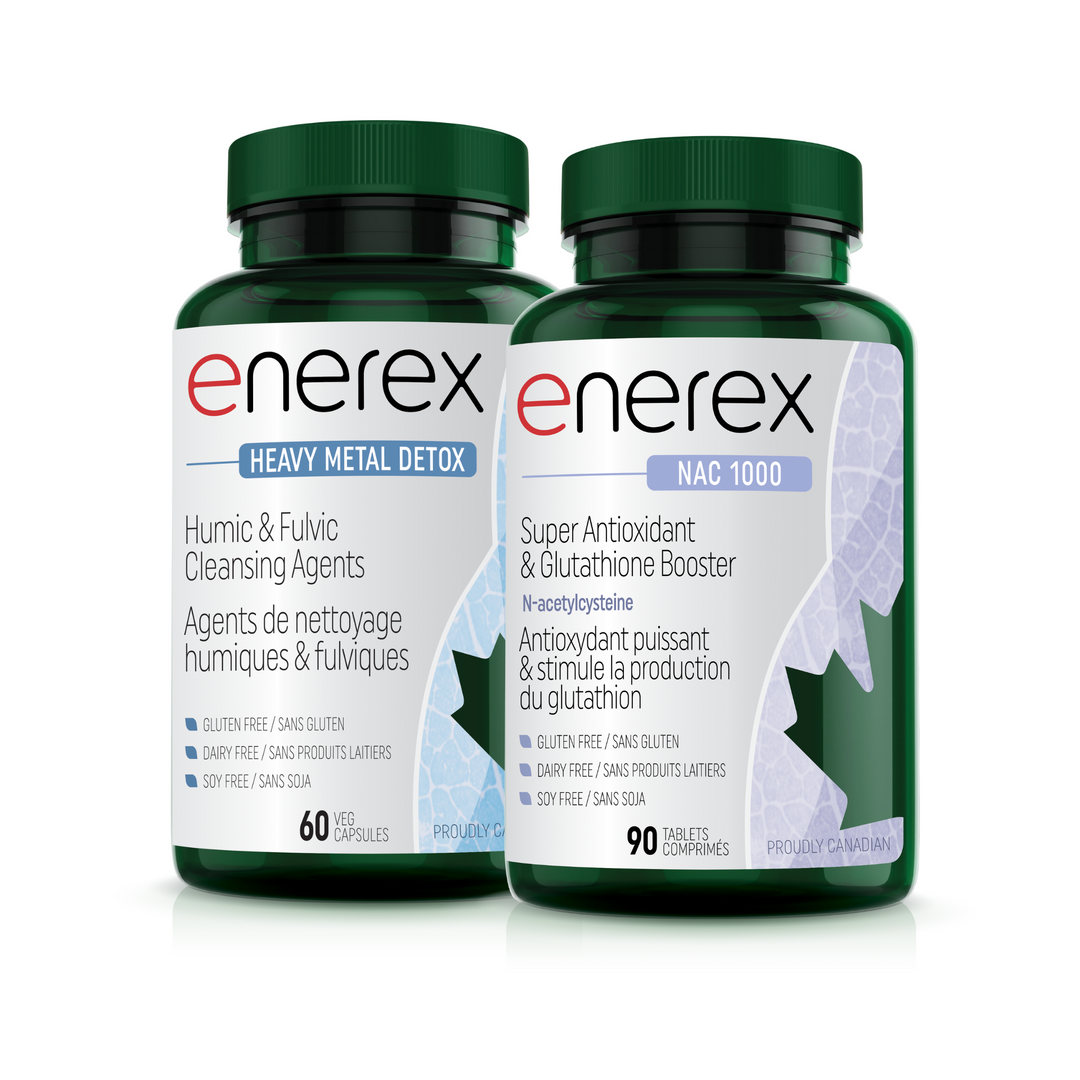
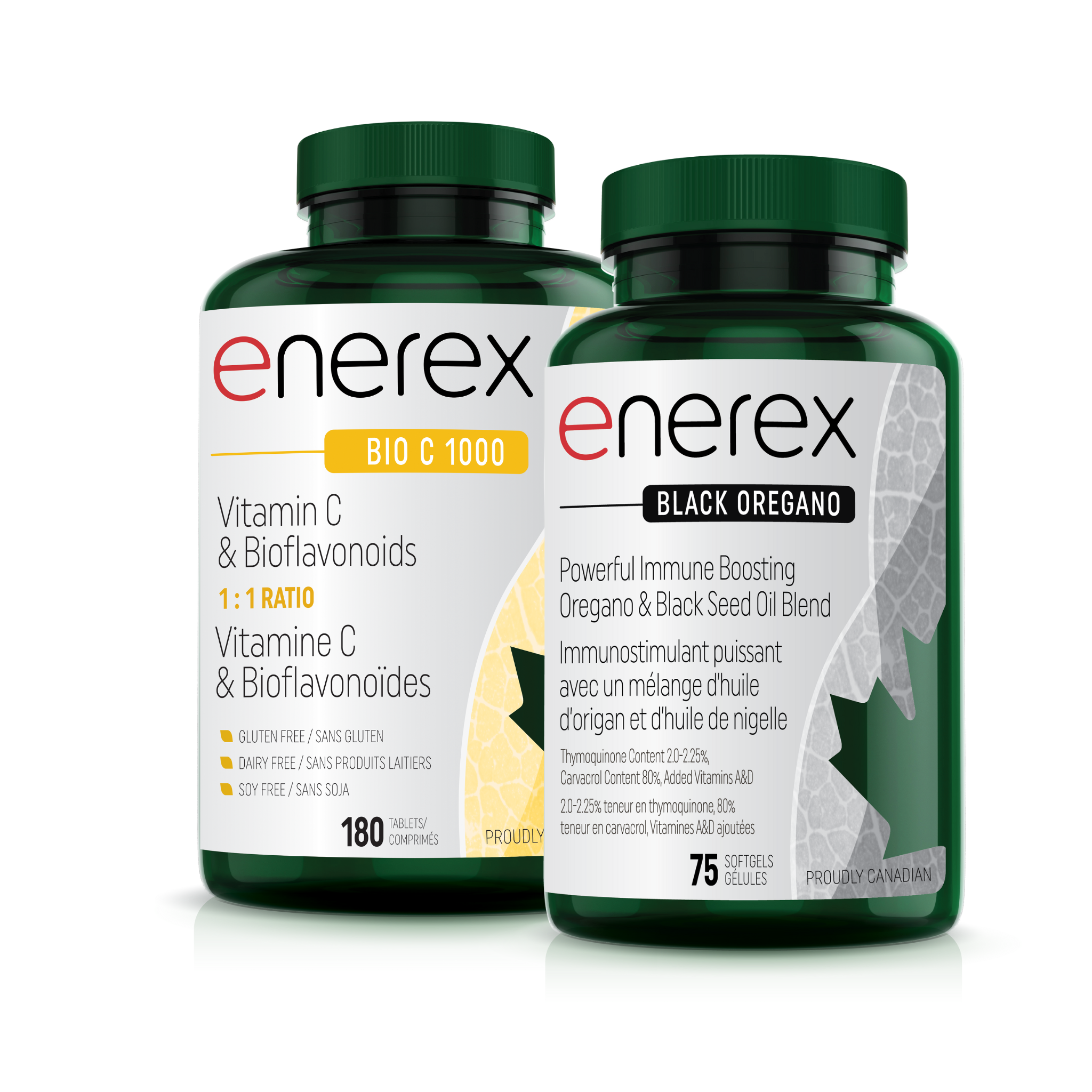
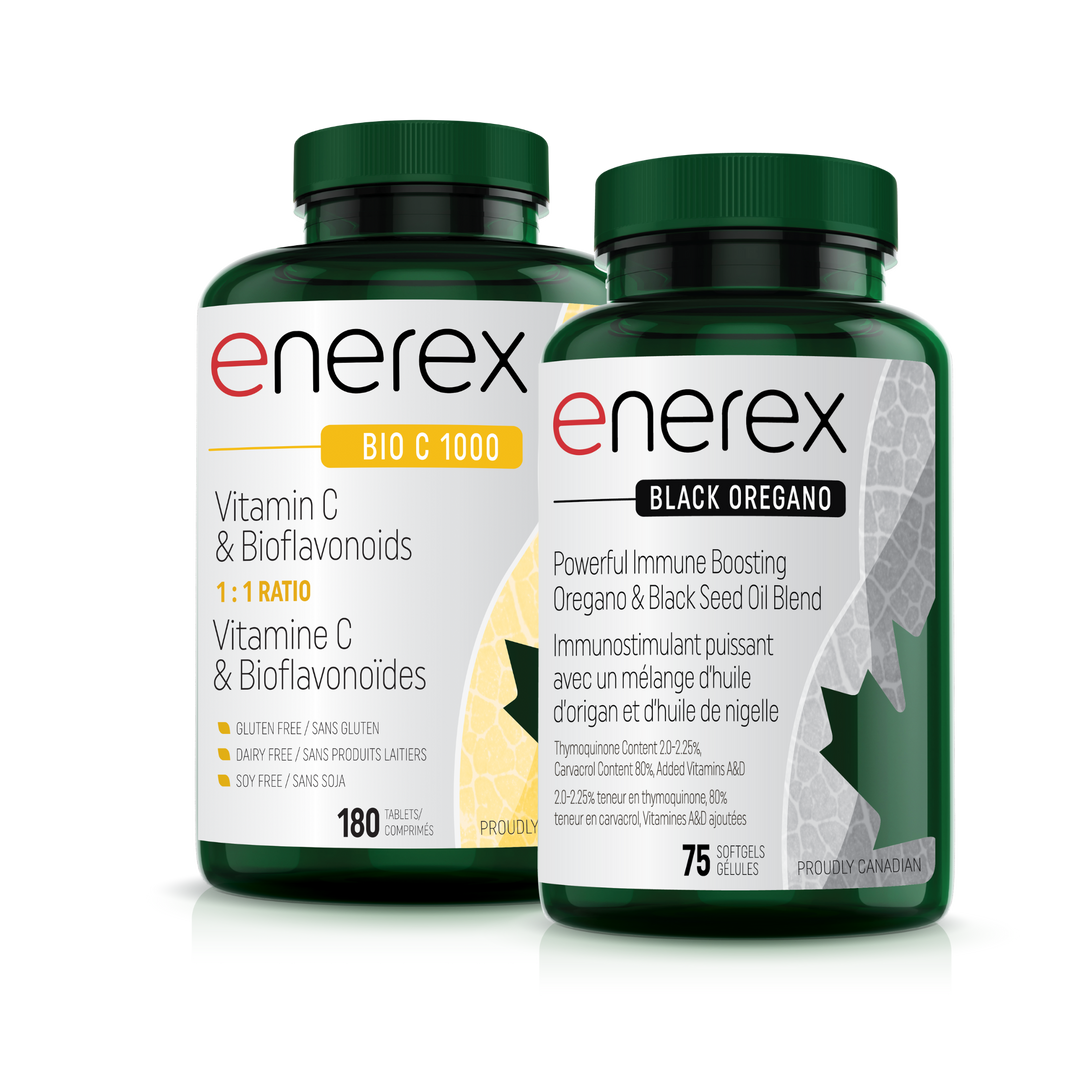
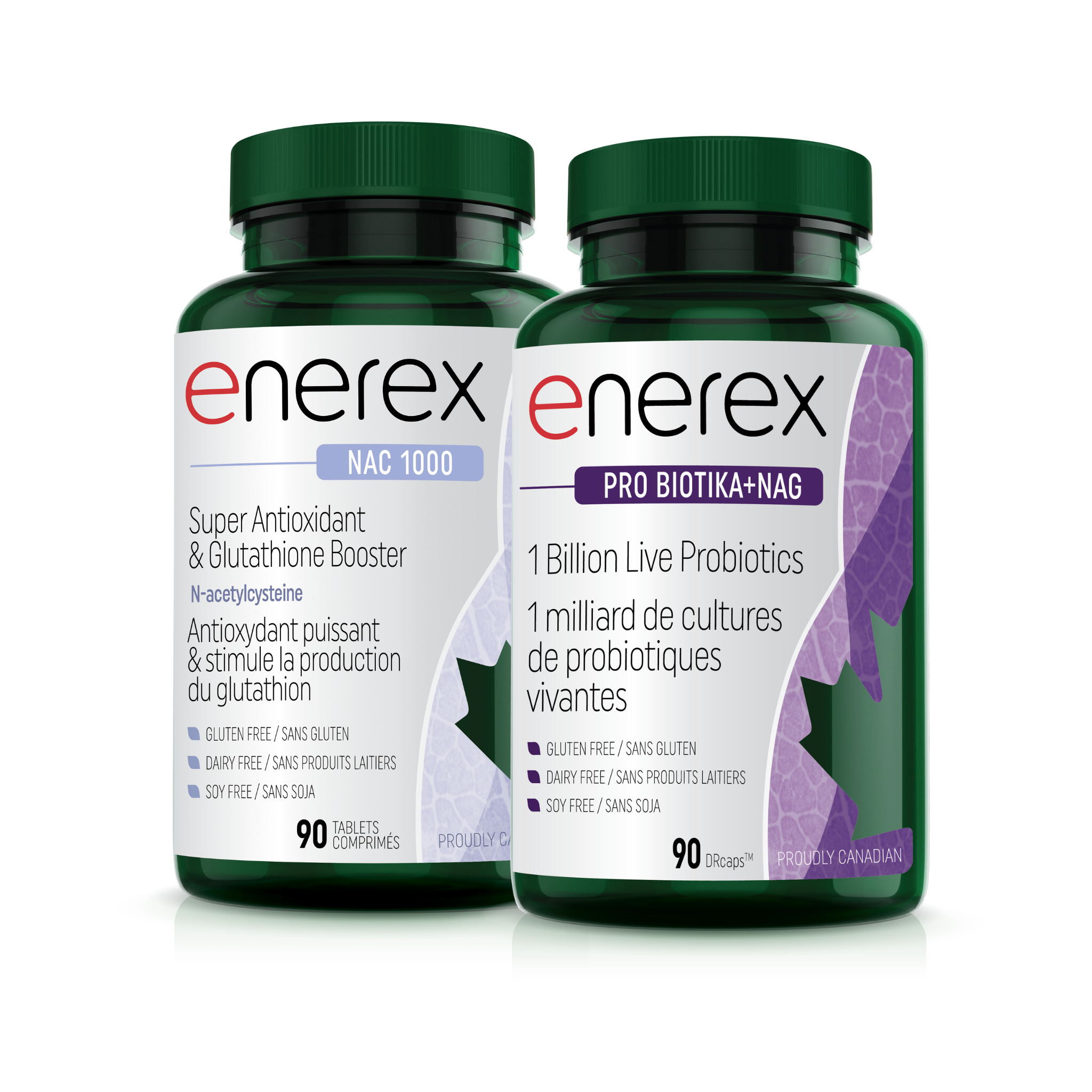
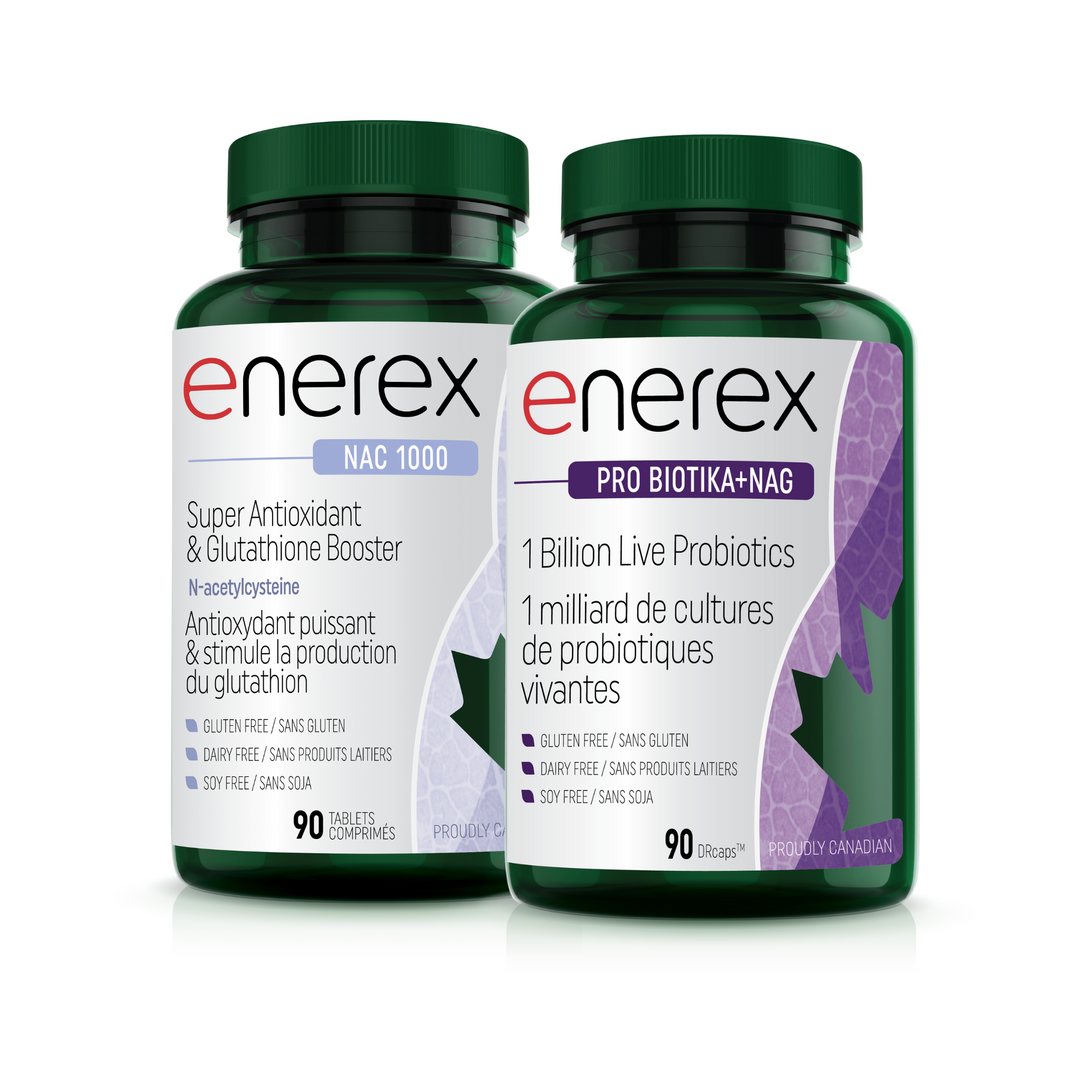
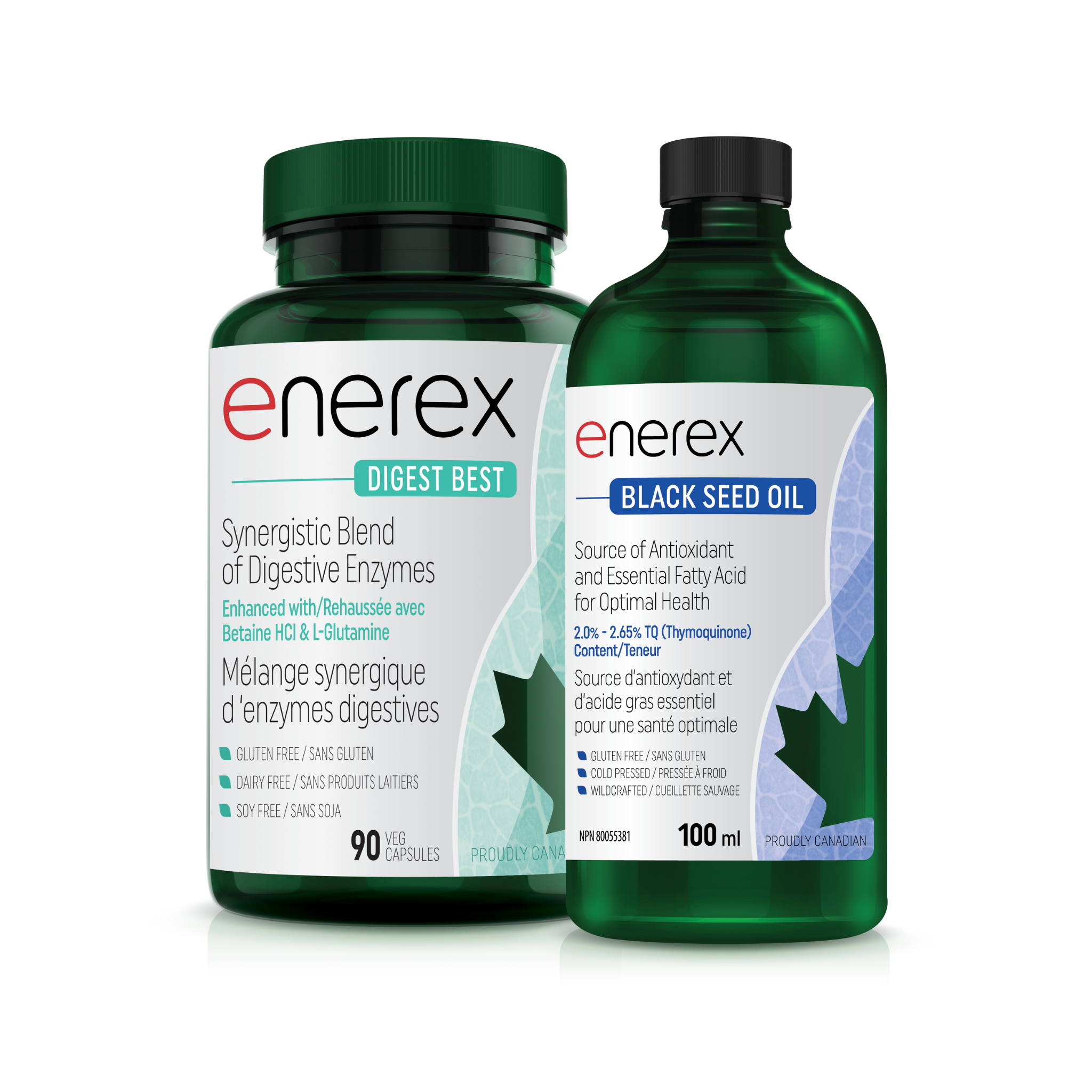
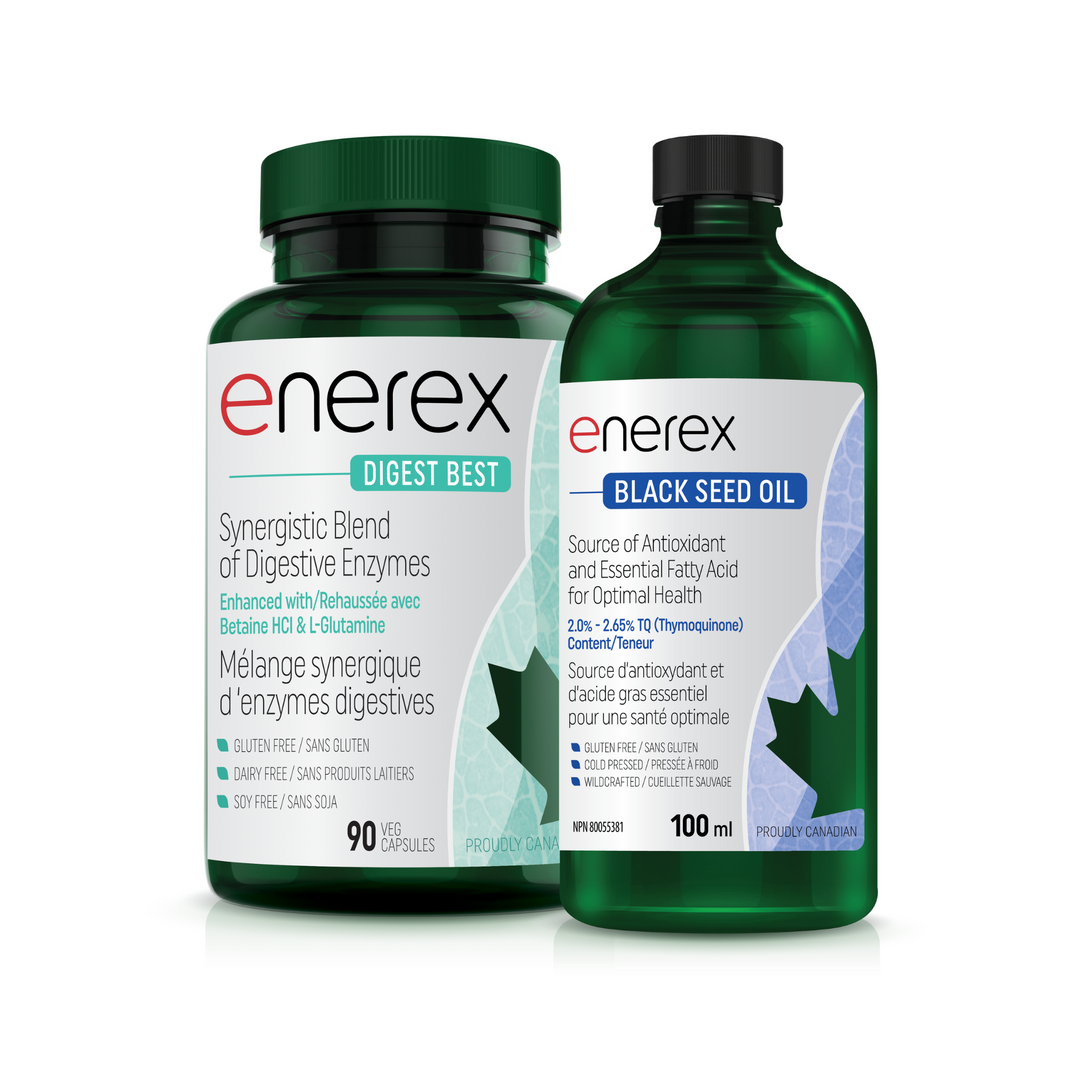
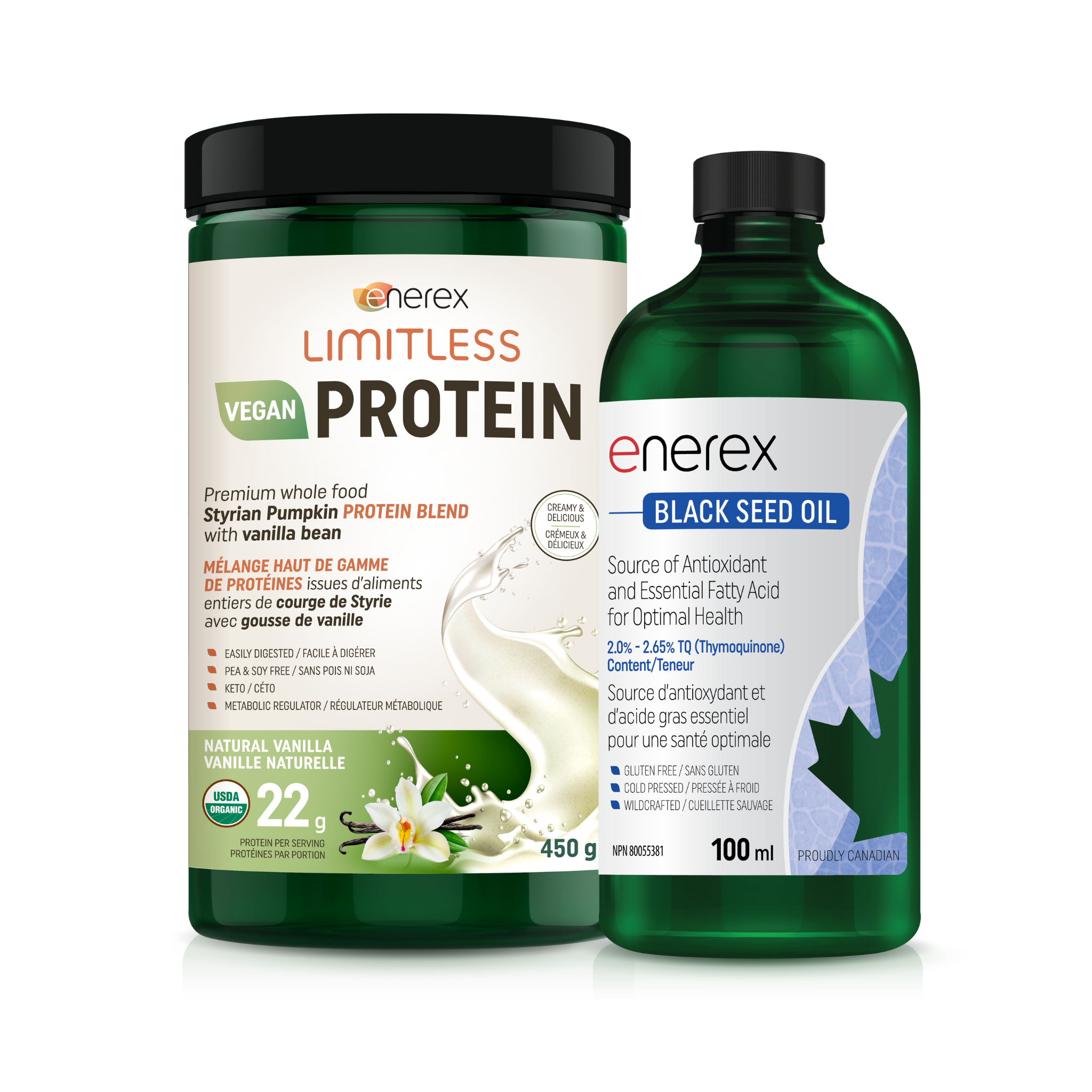
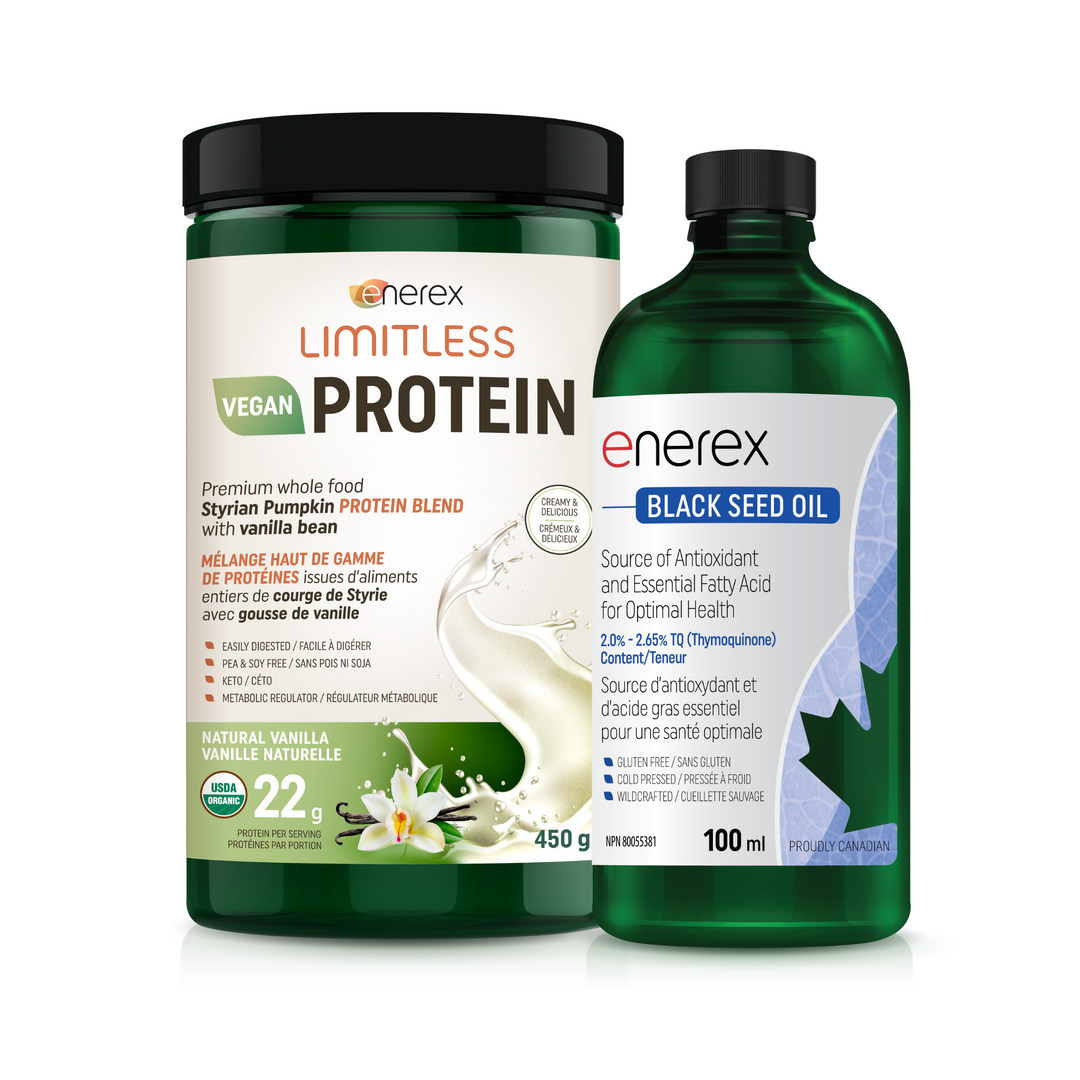
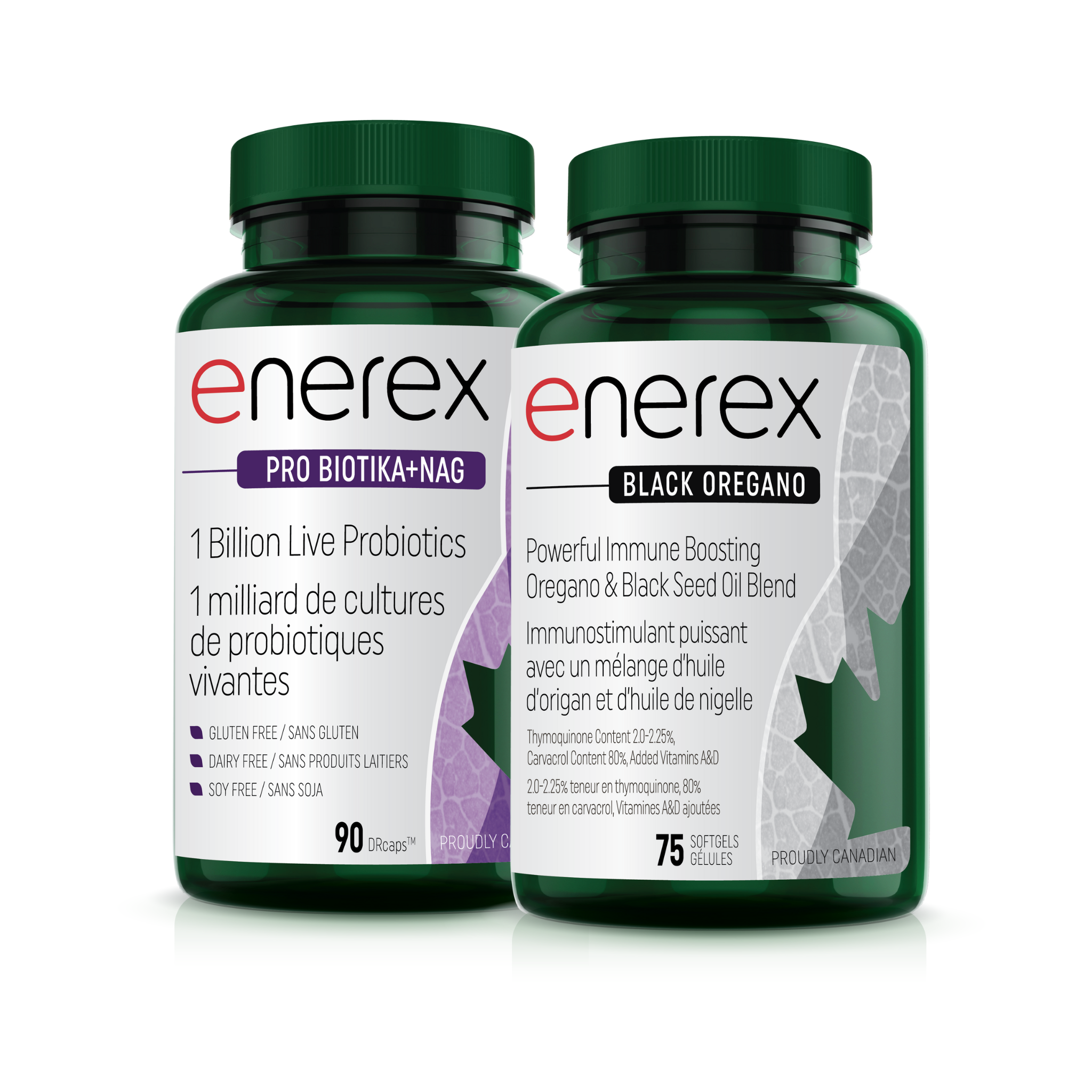
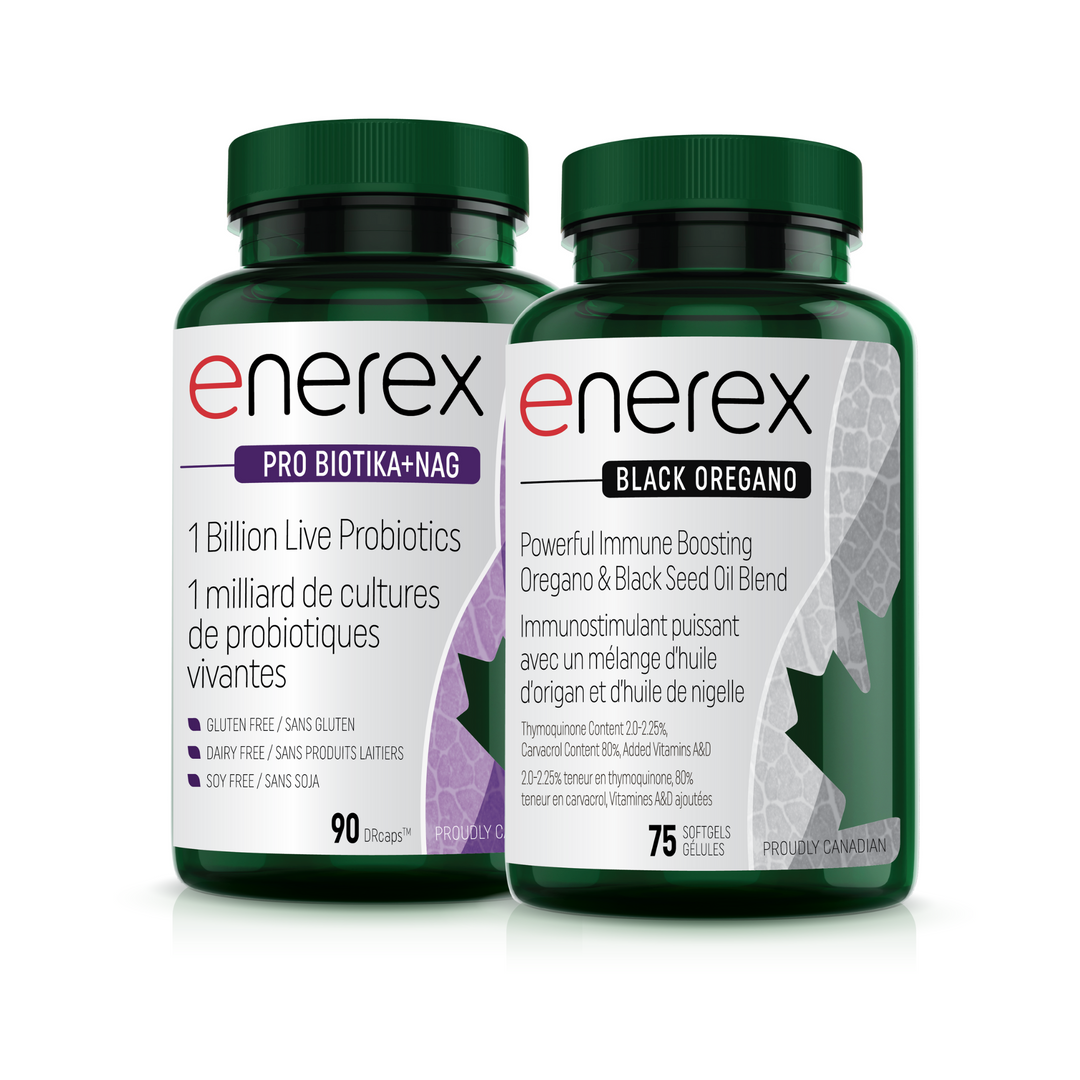
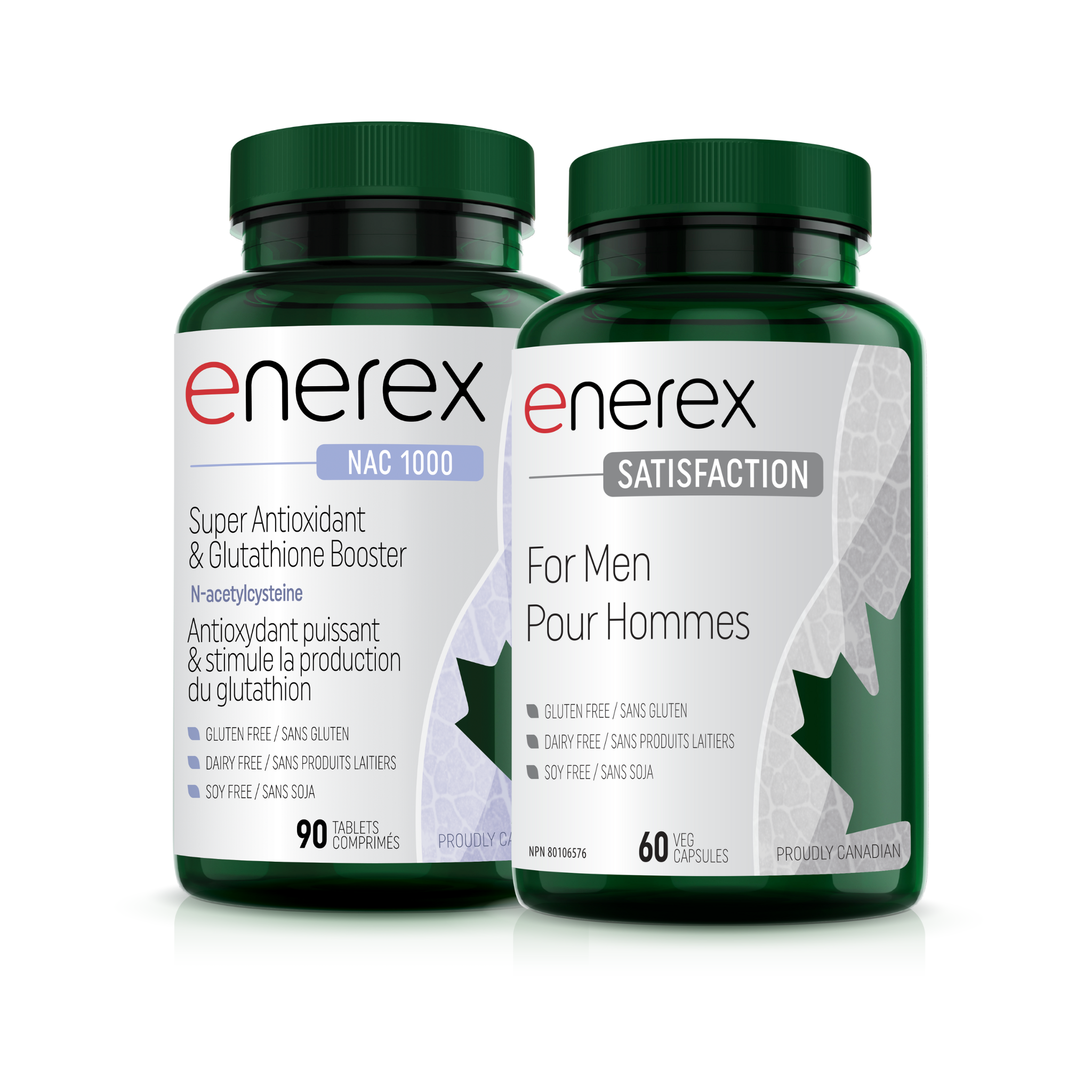
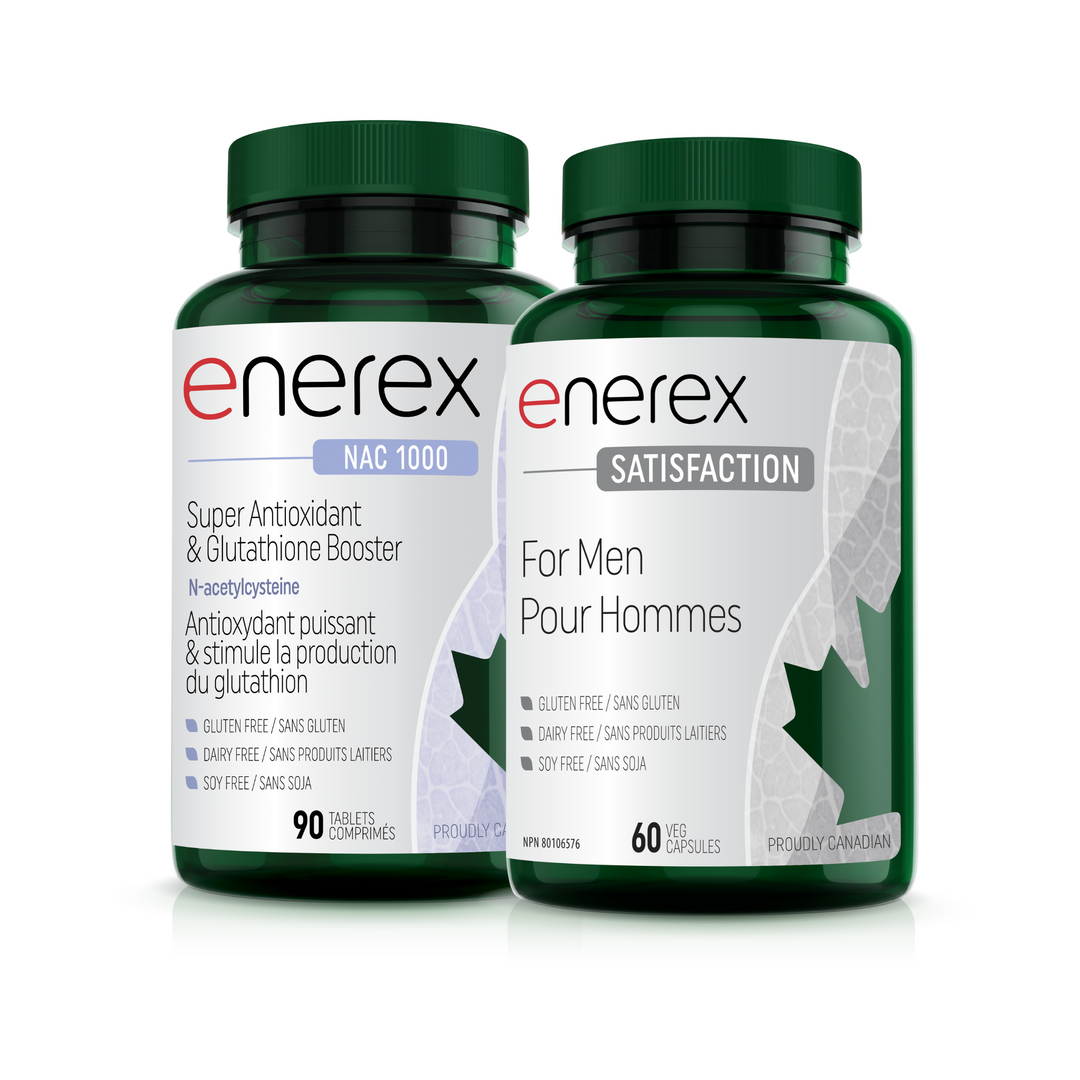
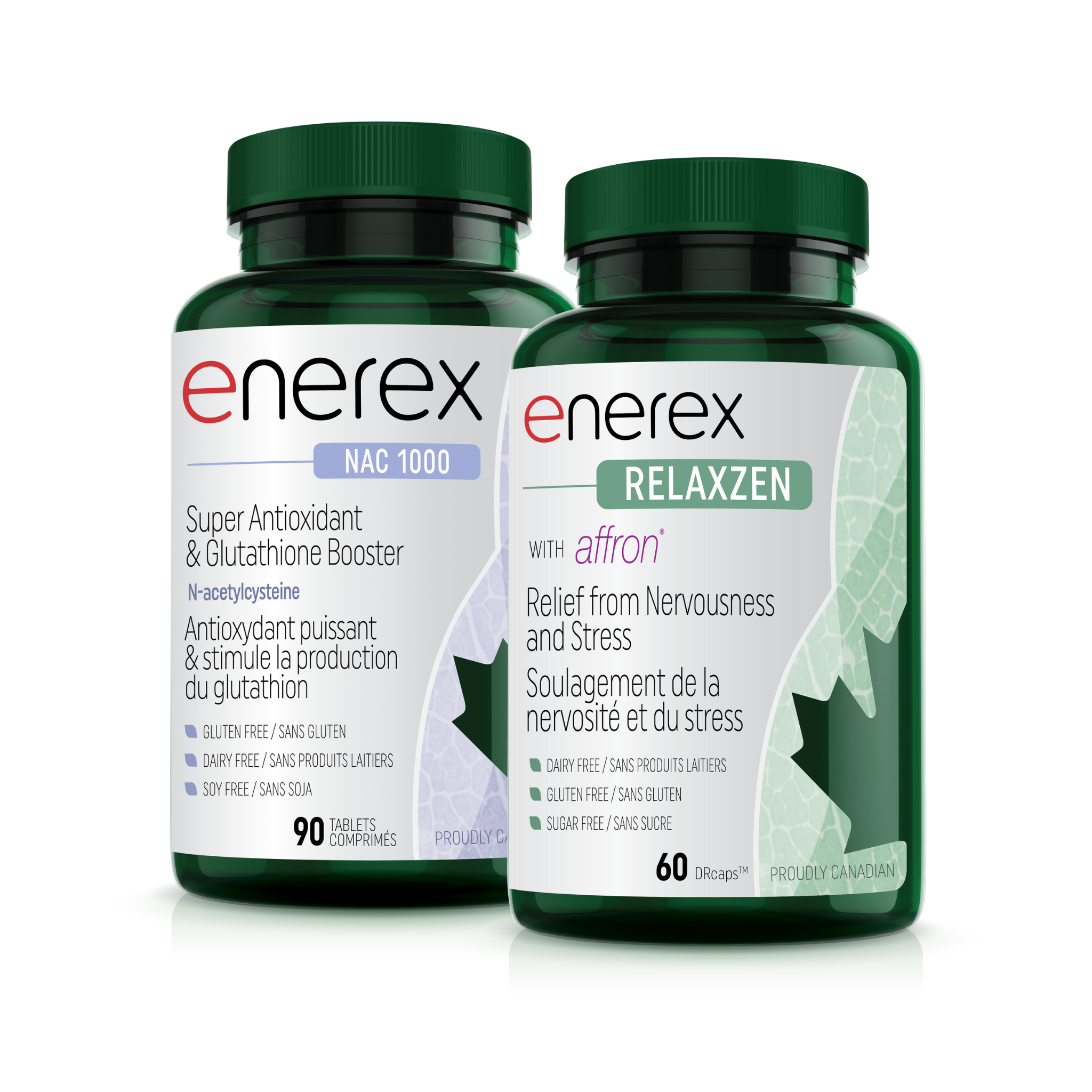
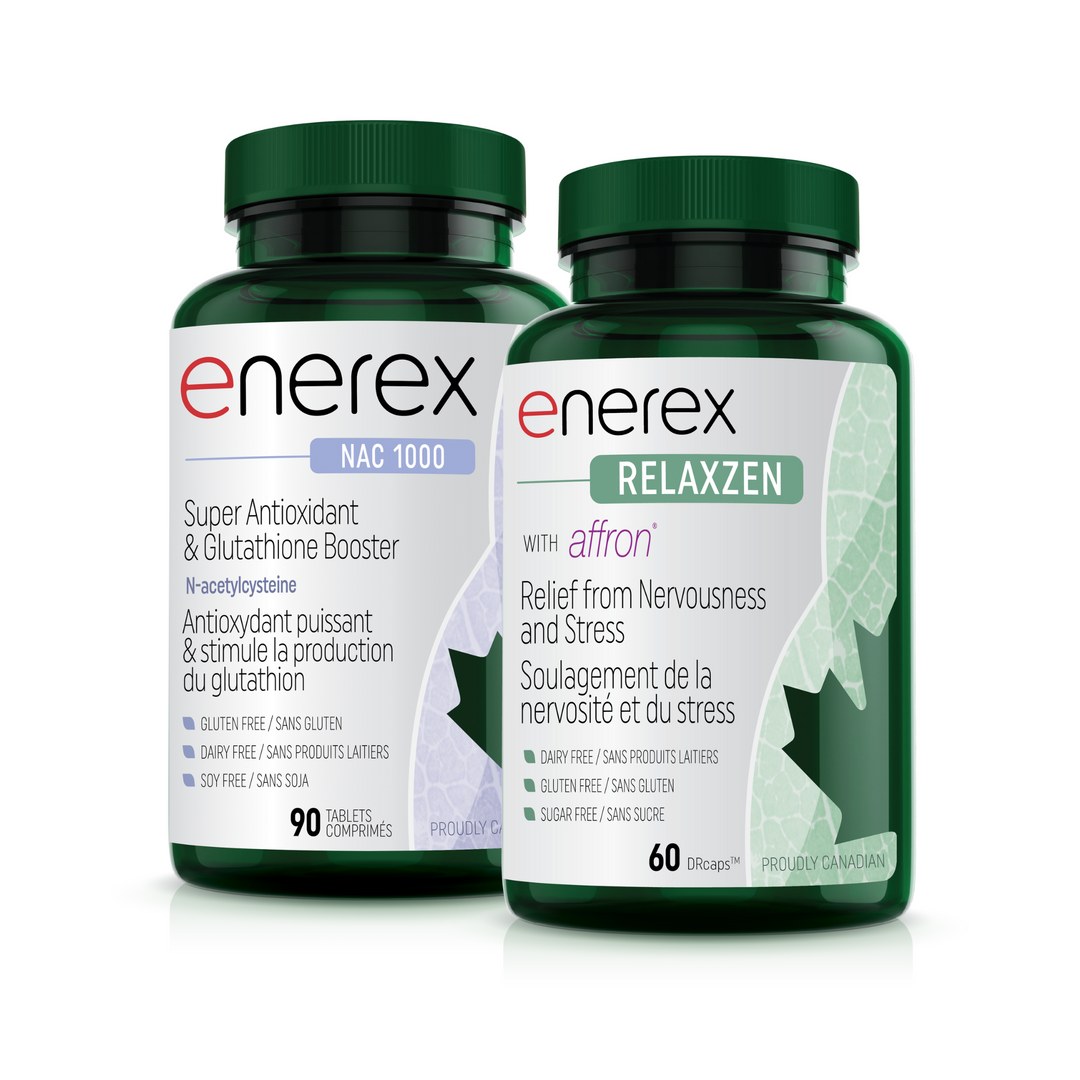
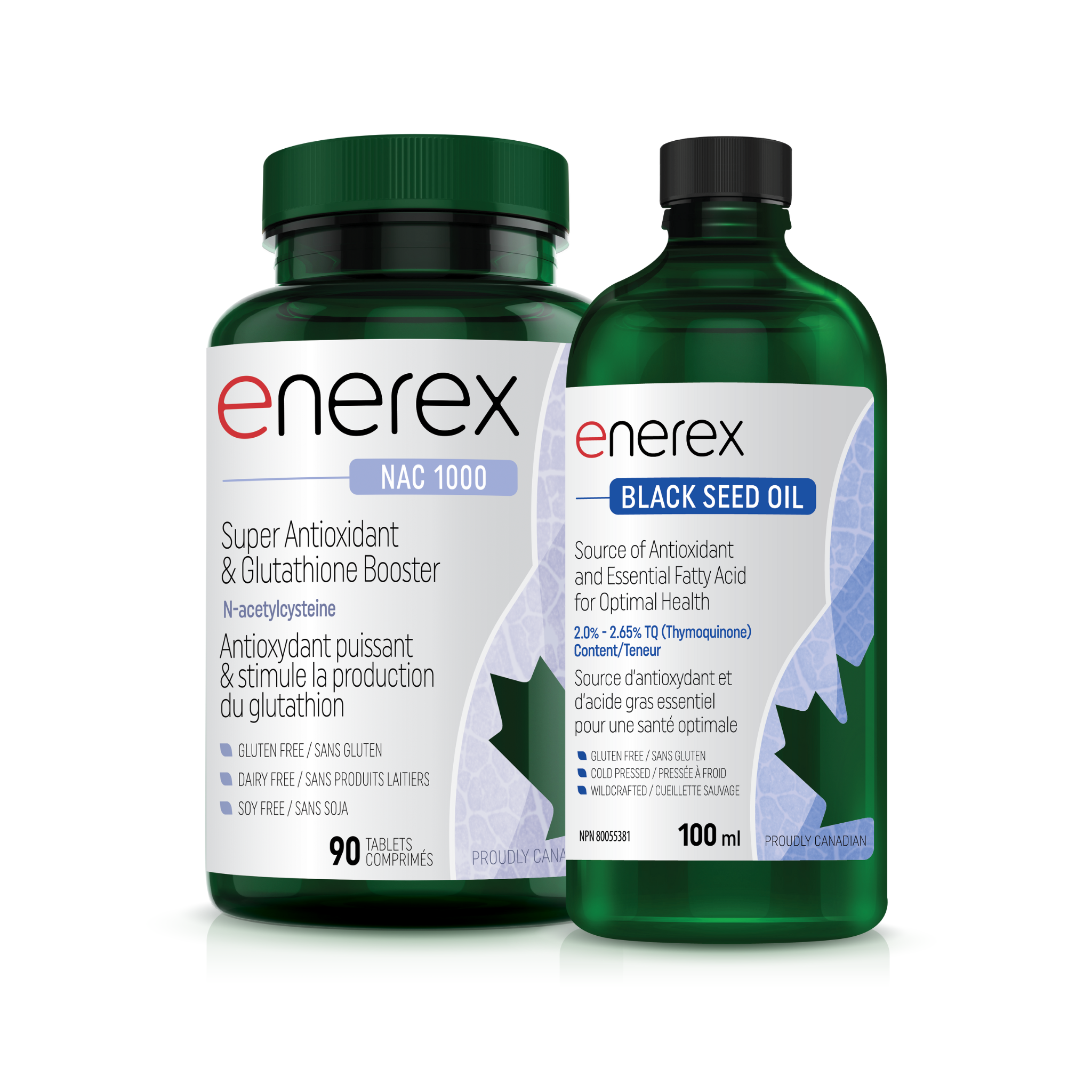
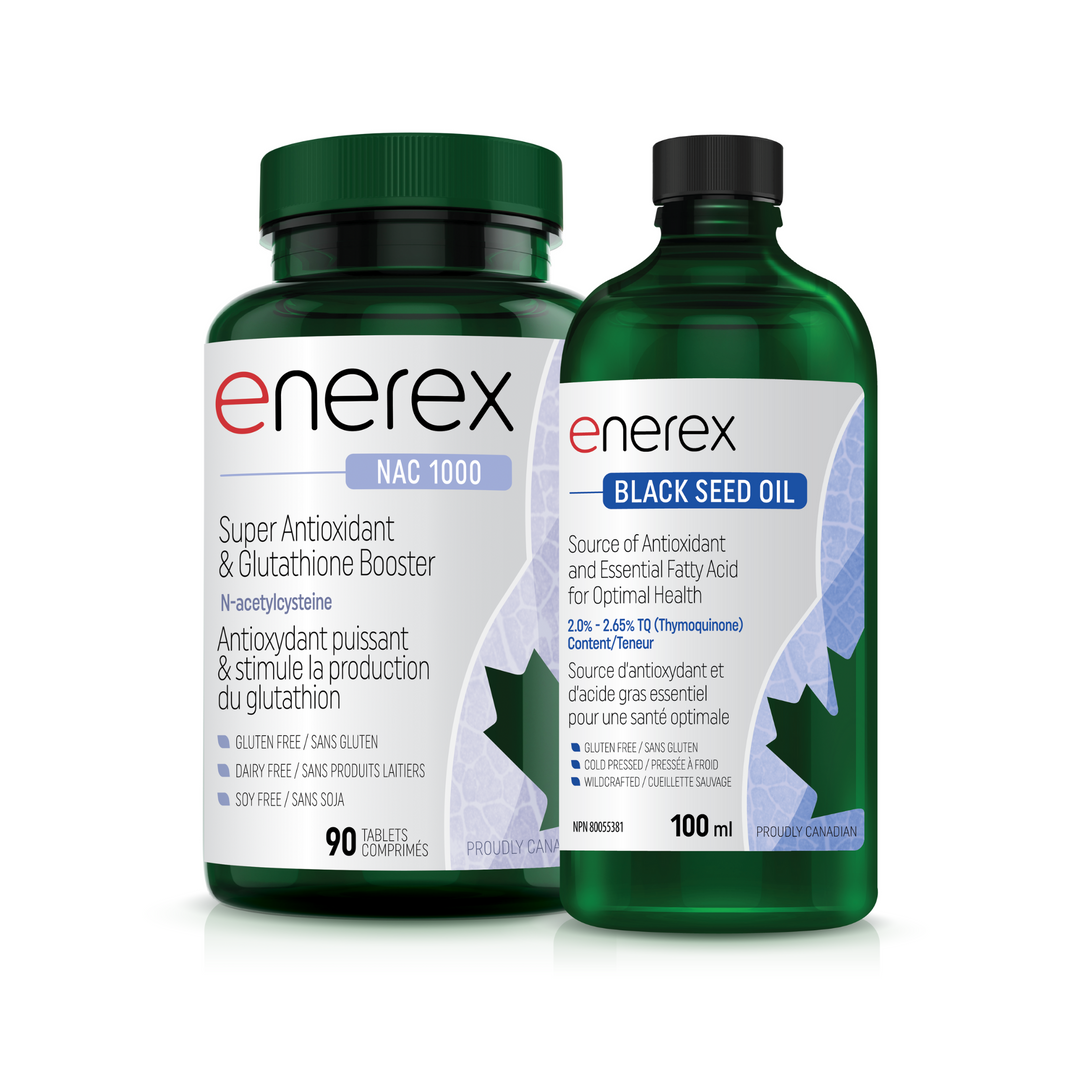
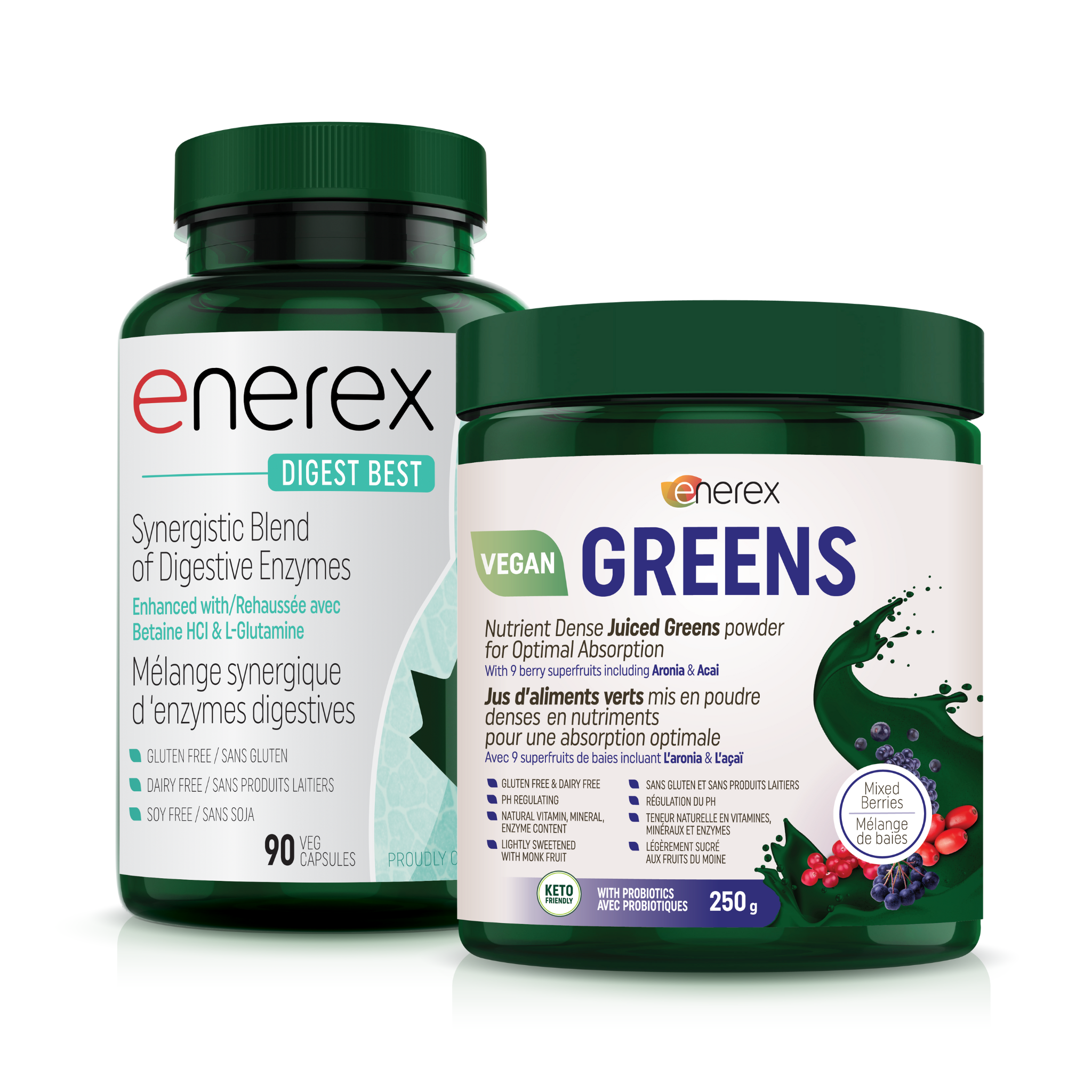
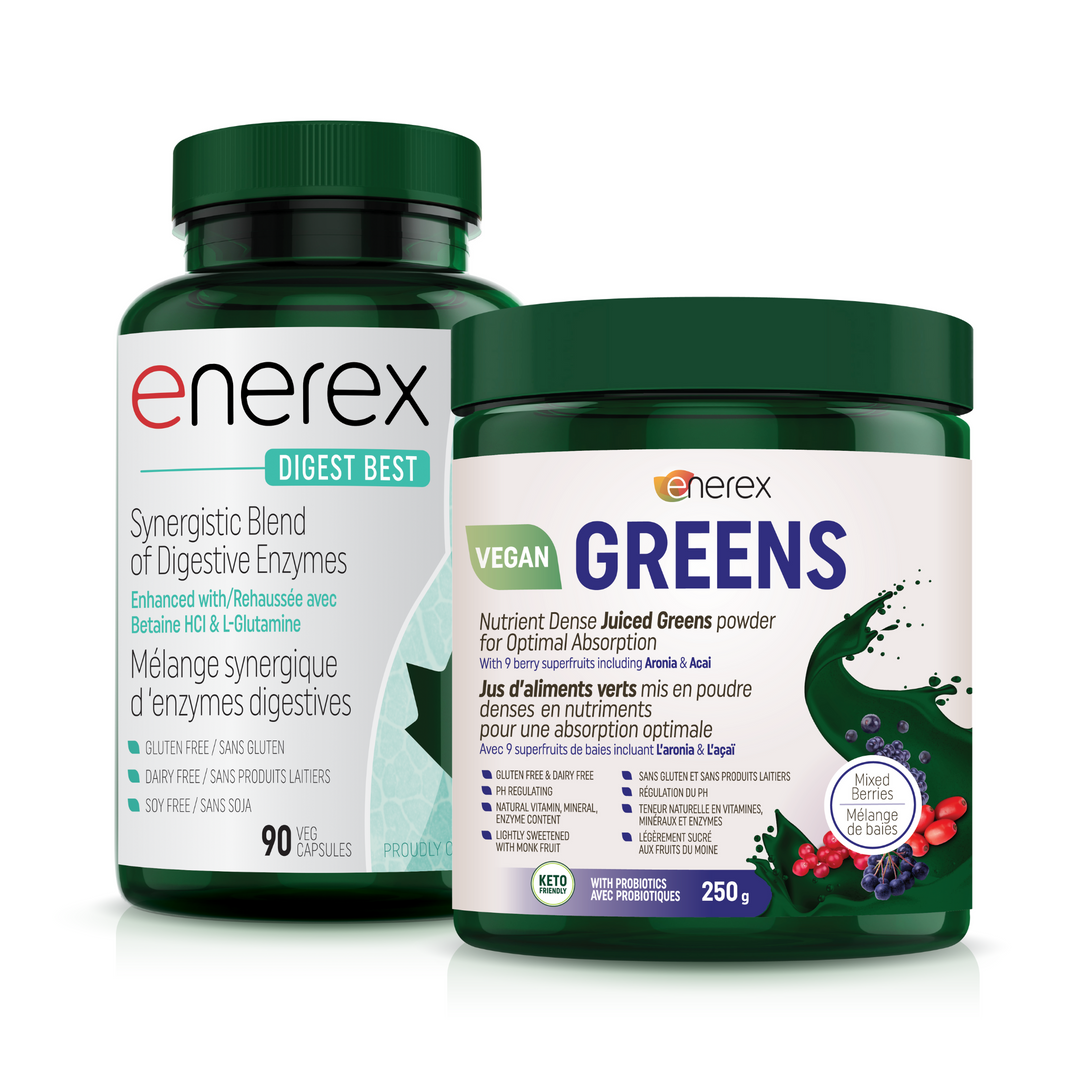
Leave a comment